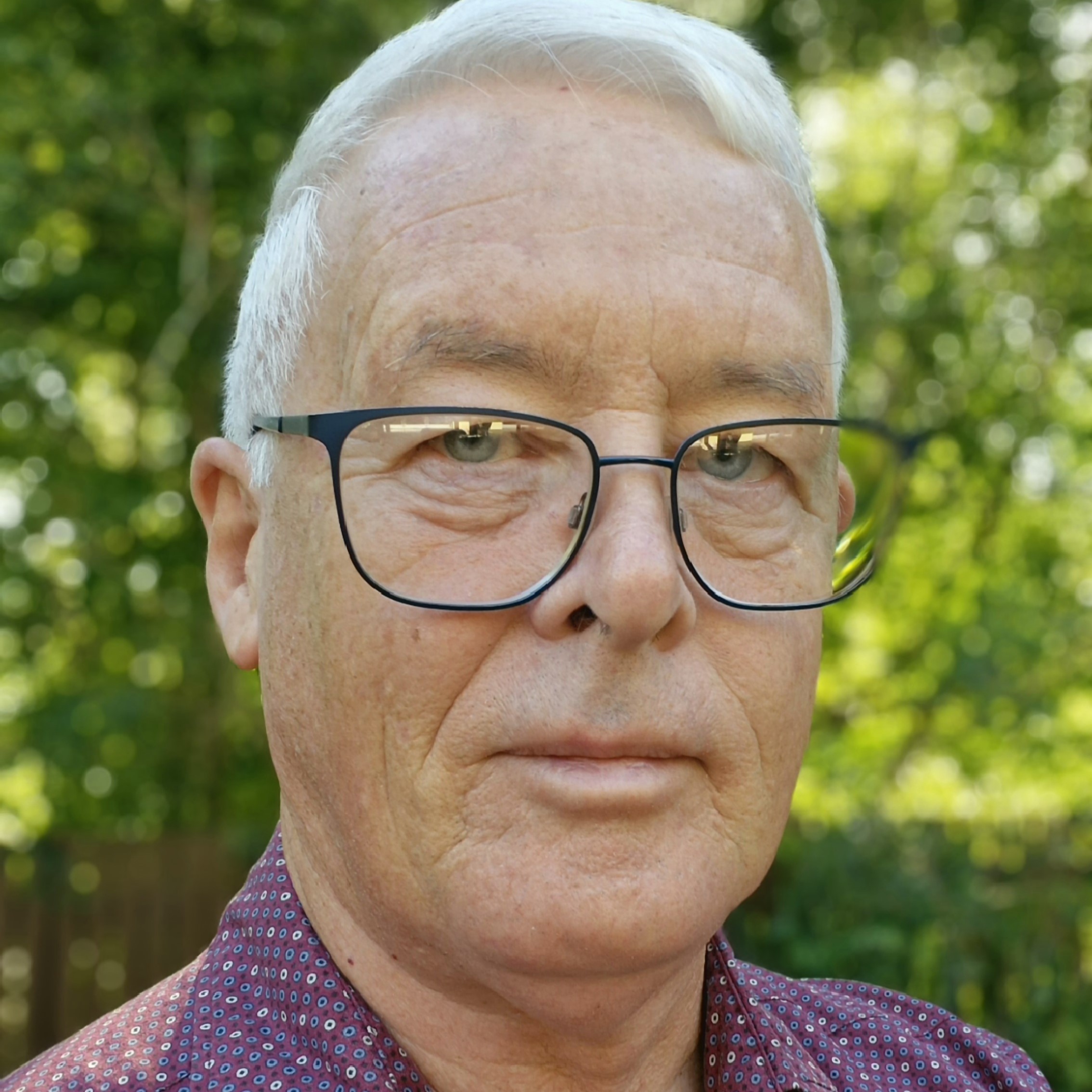
Dr Bill Lord AM
Bill commenced his career with Ambulance Service of New South Wales in 1981 and subsequently worked as a paramedic academic and researcher at three Australian universities while also holding clinical appointments with Ambulance Victoria and the Queensland Ambulance Service. He is currently an elected Director to the board of the ACP and is a Life Member of the college. He is deputy co-chair of the Paramedicine Accreditation Committee within the Australian Health Practitioner Regulation Agency. In 2023 Bill received the award of Member of the Order of Australia (AM) for significant services to paramedicine education and research.
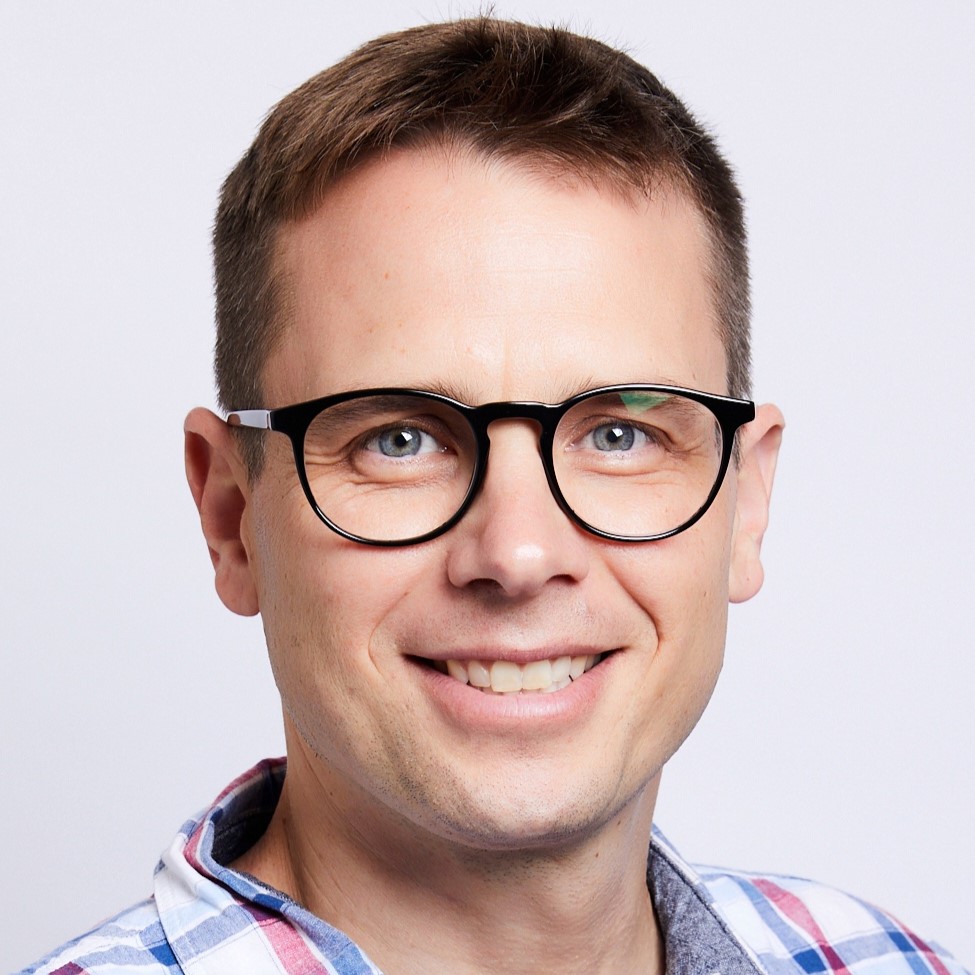
Dr Robin Pap
Dr Robin Pap is a paramedicine researcher, an advocate for evidence-based healthcare, and the Chair of the College’s Research Advisory Committee. Robin has an extensive international paramedicine background; He has worked in various clinical, leadership, and academic roles in numerous healthcare organisations and academic institutions for over 20 years, in six countries, and across four continents. Prior to moving to Australia in 2014, Robin was the inaugural Consultant Paramedic at Hamad Medical Corporation Ambulance Service in Qatar. He completed a Master of Science in Medicine specialising in Emergency Medicine at the University of Witwatersrand, Johannesburg, and a PhD at the University of Adelaide investigating and contributing to evidence-based prehospital care quality indicators. Robin is a registered paramedic, the Academic Program Advisor for Paramedicine at Western Sydney University, Associate Editor at ‘Paramedicine’, Board Director at the Safe Airway Society, and a member of the JBI Adelaide GRADE Centre.
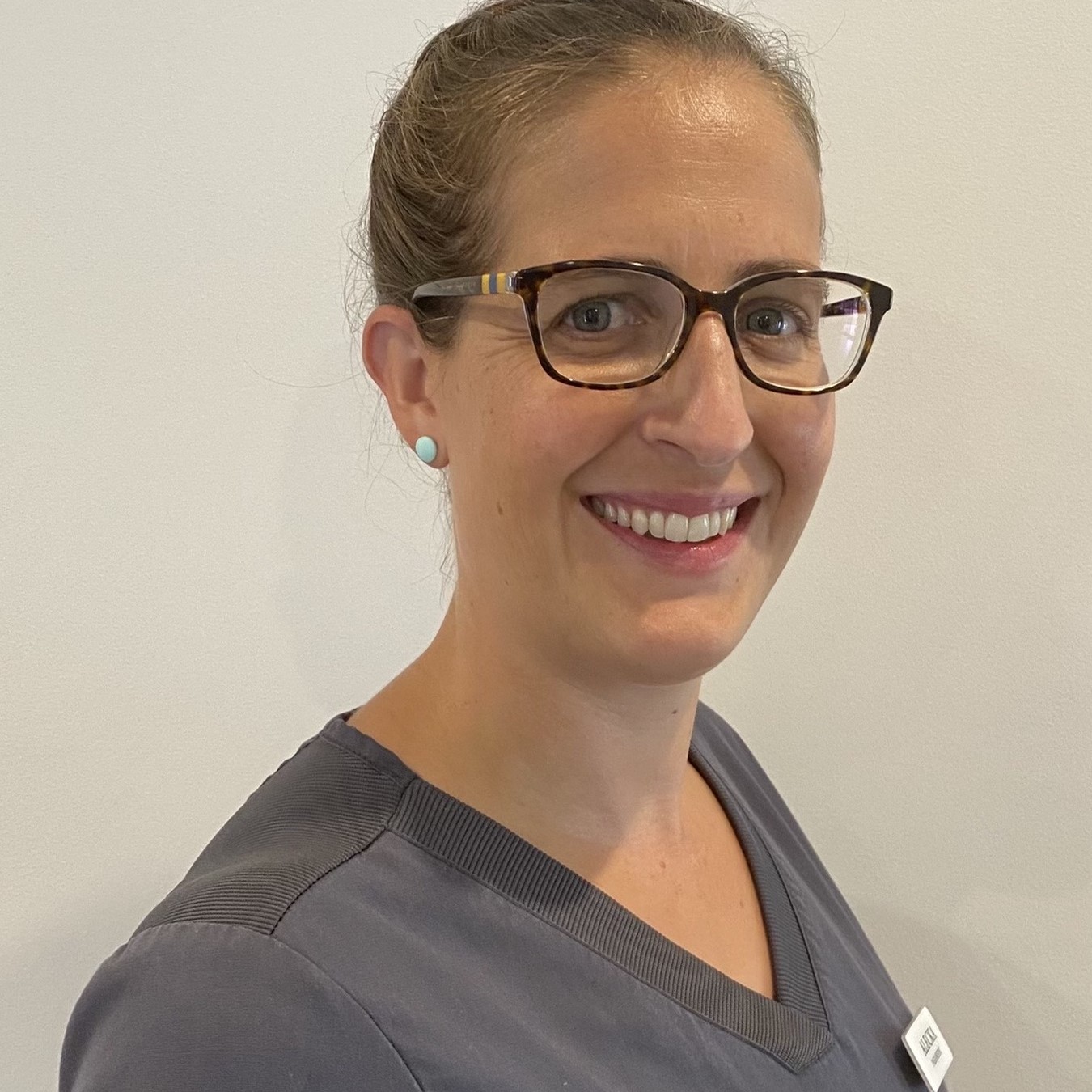
Alecka Miles
Alecka Miles is a Paramedic who works in General Practice (GP) in metropolitan Perth, Western Australia and the Course Coordinator of the Community Paramedicine and Paramedic Practitioner courses at Edith Cowan University. Proud ‘Muuummm’ to Poppy (7 years) and Hamish (6 years), a life highlight and her greatest achievement. Despite expressing her concerns about research being a ‘waste of time’ as a graduate paramedic, she has since changed her tune and developed research interests in Paramedic education, Community Paramedicine, Immersive Simulation and Paramedics working in non-traditional roles including the emerging role of the Paramedic Practitioner in Australia/New Zealand. She has a Master degree in Emergency Health and is a PhD Candidate, her project is looking at ‘Decentring’ the ambulance in Paramedicine: An exploration and consensus of key stakeholder expectations, enablers, and impediments to paramedic role legitimisation in primary health care contexts in Australia and New Zealand and she looks forward to dressing like a professor from Harry Potter when she graduates.
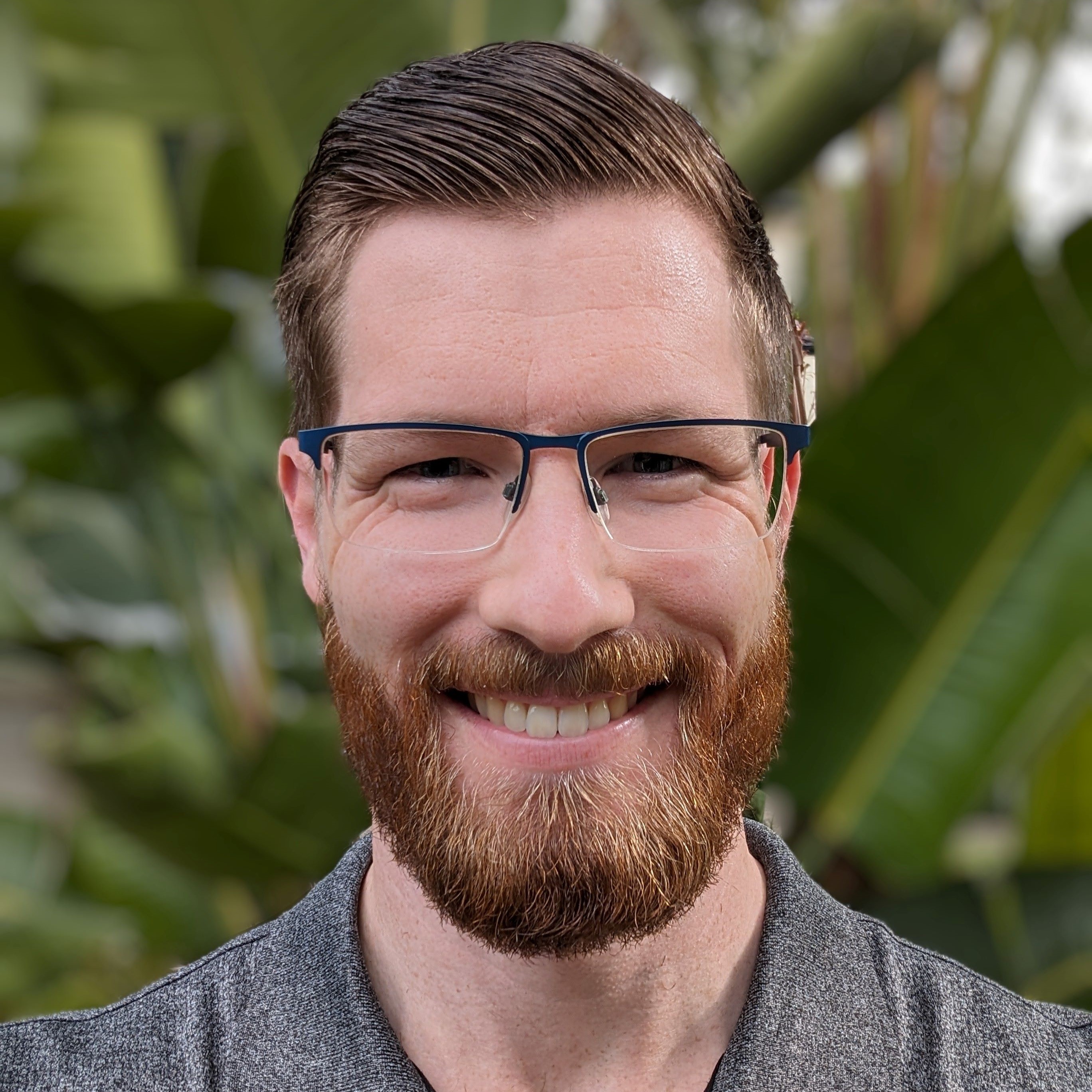
Matthew Hill
Matthew Hill is a registered paramedic and Lecturer in Paramedicine at the University of the Sunshine Coast. Matt has 10 years of clinical experience, during which time he worked as an Advanced Care Paramedic II, Critical Care Paramedic, and Critical Care Flight Paramedic. Matt’s research interests stem from his experience as a paramedic and Peer Support Officer, where he developed a keen interest in supporting the mental health and wellbeing of paramedics and their families. Matt is currently undertaking his PhD at Central Queensland University, where he is exploring the impact of traumatic stress on paramedics and their intimate partners.
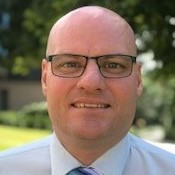
Professor Scott Devenish
Dr Scott Devenish is a Professor of Paramedicine and Head of Discipline at ACU's School of Nursing, Midwifery, and Paramedicine, and concurrently holds the position of Chair at the Australasian Council of Paramedicine Deans. With a career spanning 17 years in academia and 25 years of commitment to paramedic education and training, Scott brings extensive expertise to these roles.
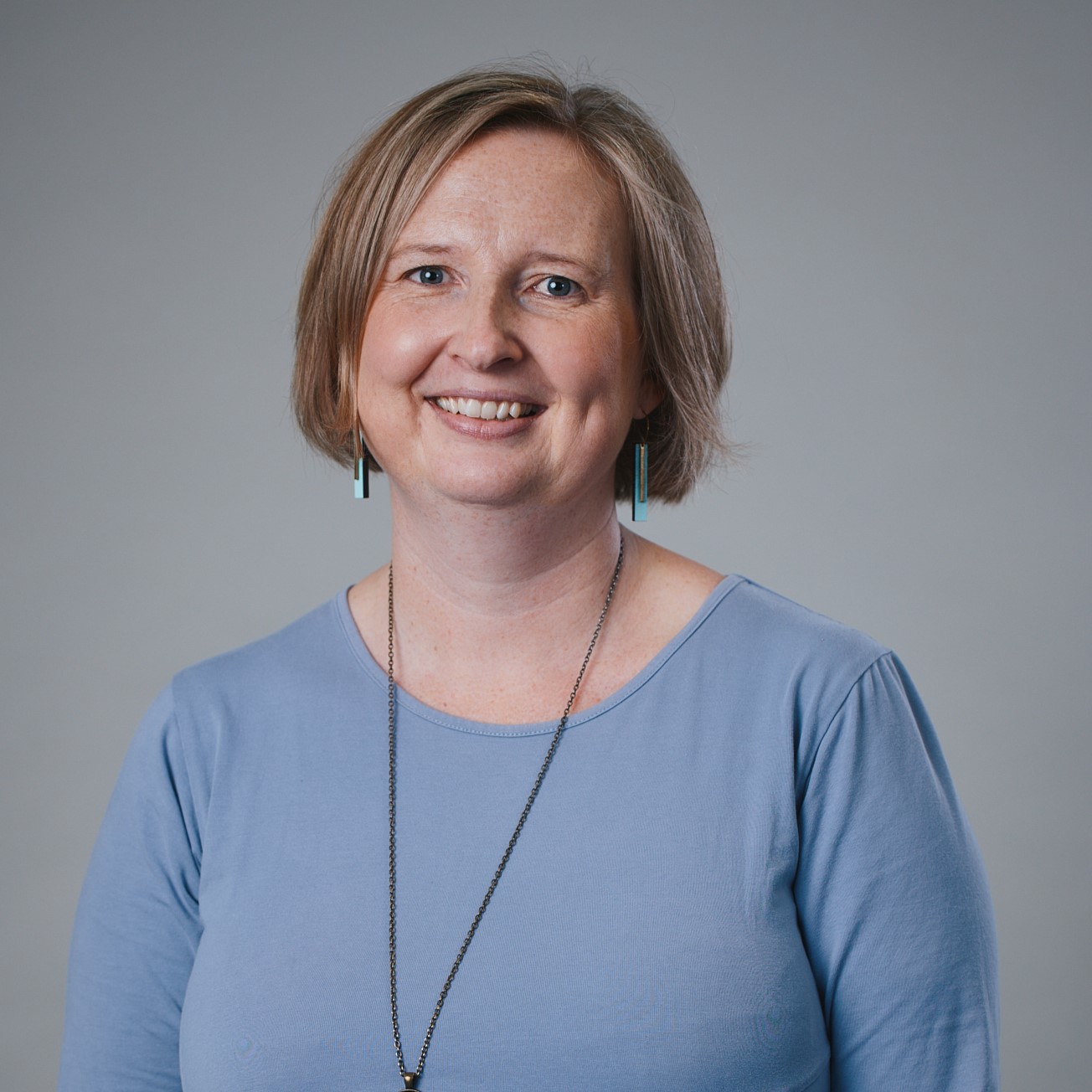
Dr Verity Todd
Dr Verity Todd is a Senior Lecturer within the Department of Paramedicine. Verity has recently completed over 5 years as the Clinical Research Fellow at Hato Hone St John. Verity is currently working on the First Responder Shock Trial, supported by the NZ Heart Foundation, and has interest in low-acuity patients, trauma, and resuscitation. Verity's research background includes a PhD in Genetics and postdoctoral fellowships in Ophthalmology (Genetics and Epigenetics) at the Johns Hopkins University School of Medicine and The University of Auckland.
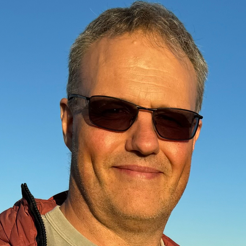
Dr. Nigel Barr
Dr. Nigel Barr is an accomplished academic and researcher with expertise in paramedicine, nursing, and education. He holds a Ph.D. from the University of the Sunshine Coast (UniSC), along with multiple advanced qualifications. Currently an Associate Professor at UniSC, Dr. Barr has led various programs and contributed significantly to curriculum development in paramedicine education. He has served on the UniSC Academic Board and the Student Academic Appeals Committee, demonstrating his commitment to academic excellence. Dr. Barr also holds leadership roles in professional organisations, including the Australasian Council of Paramedicine Deans, Australian Vascular Access Society, and Australasian College of Paramedicine. His research focuses on paramedicine, interprofessional education, and infection control practices. His dedication to improving healthcare education and practice has made him a recognized leader and innovator in the field of paramedicine.
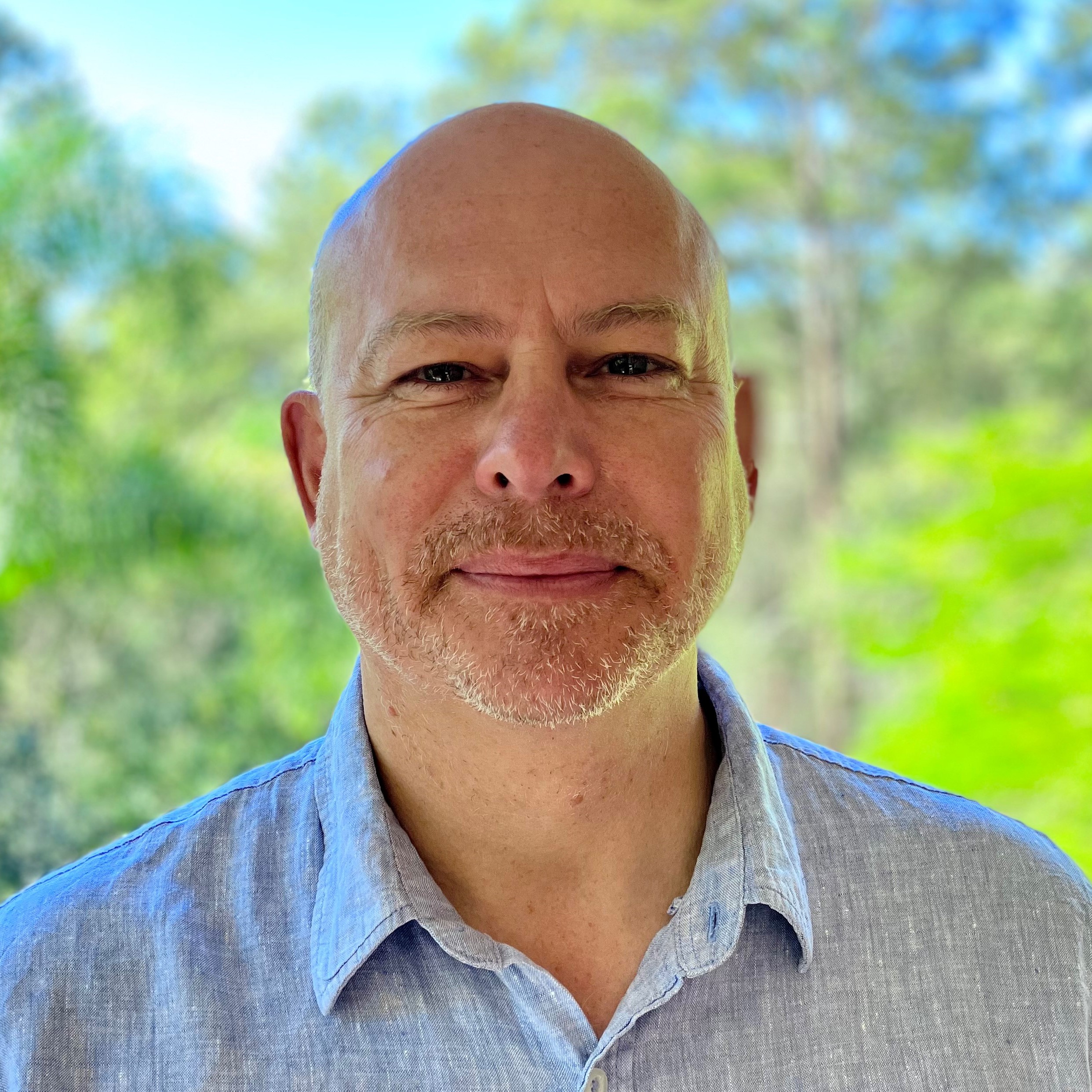
Robbie King, PhD
Robbie is a senior registered paramedic with 15 years’ experience performing in both clinical and educational roles. During the last 6 years Robbie has provided healthcare as a specialist “community paramedic” working on the QAS Local-area Assessment and Referral Unit (LARU). His PhD thesis explored how patients experience emergency ambulance service paramedic-led healthcare that resulted in non-conveyance to a hospital ED.
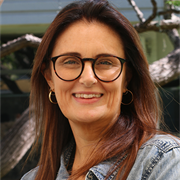
Associate Professor Belinda Flanagan
Associate Professor Belinda Flanagan brings a wealth of experience as a seasoned clinician in Nursing, Midwifery, and Paramedicine. Additionally, she serves as a committed Lecturer/Researcher with expertise spanning various clinical, educational, and public health domains. With a strong background in managing healthcare education across multiple modes of delivery, she adeptly handles a comprehensive range of managerial duties. Belinda also plays a crucial role in enhancing healthcare provision and education, extending her contributions to training both skilled and unskilled healthcare professionals in low-income regions. Furthermore, she offers expertise in providing point-of-care injury management in remote terrestrial and marine settings.
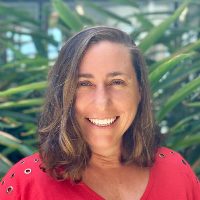
Dr Natalie Dodd
Dr Natalie Dodd is a Senior Lecturer of Paramedicine in the School of Health at UniSC. Natalie is an early career researcher with an interest in health behaviours (cancer screening), health professions communication, interprofessional education, student support, and wellbeing of paramedics. She has over $350,000 in grant funding and has fourteen peer-reviewed publications and commissioned reports. Natalie has worked in medical education for five years, most recently she coordinated a full-year level of the Doctor of Medicine, Griffith University, Sunshine Coast and taught communication skills using simulation. She also led the student support initiative. Natalie is a member of the Sunshine Coast Health Institute (SCHI) Interprofessional Leads Working Group and is currently working on design and development of interprofessional education modules that form part of a body of work shared between the SCHI partners. She is a registered paramedic with sixteen years of on-road experience and is a member of the Australasian College of Paramedicine.
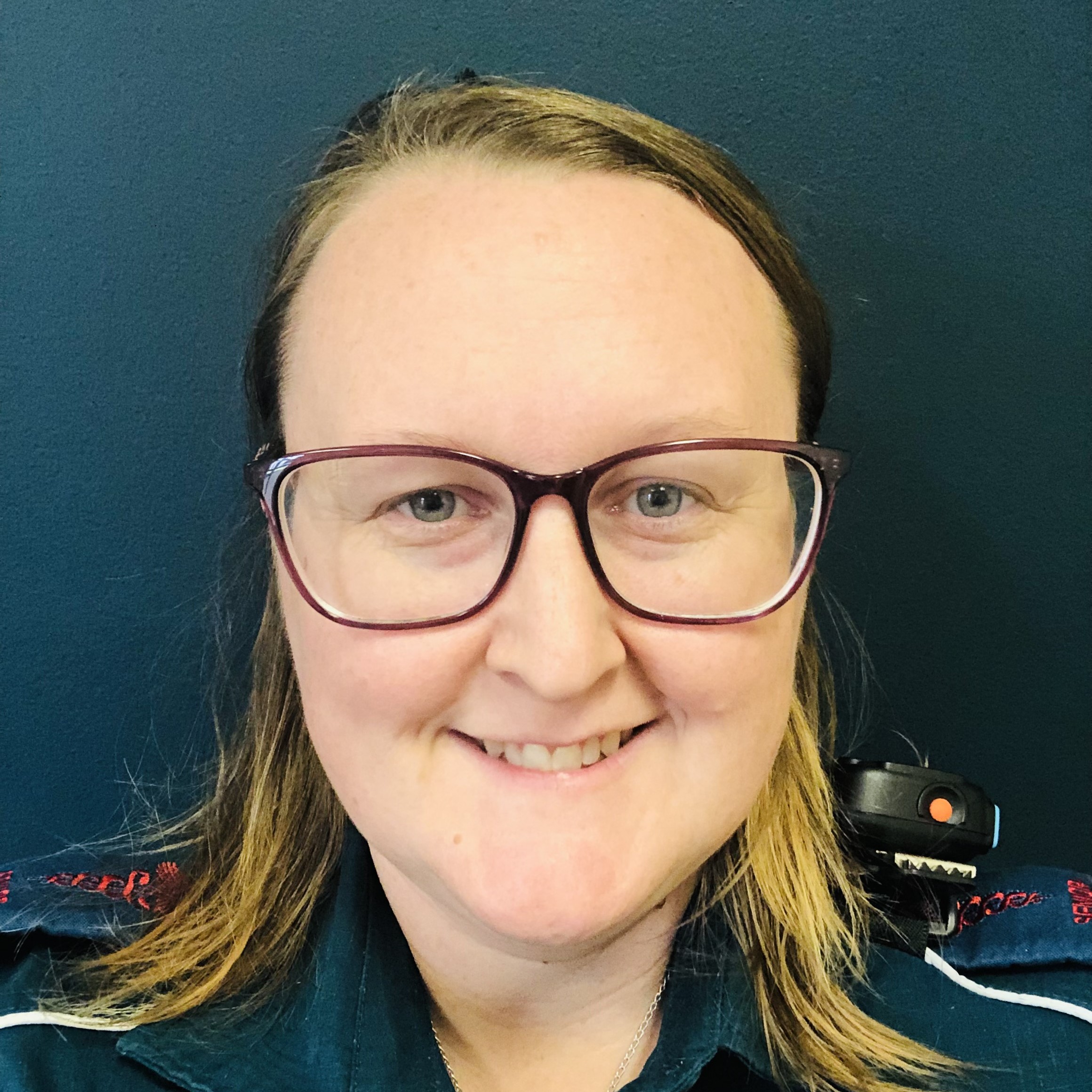
Stephanie Nixon
Stephanie is a rural QLD paramedic with over ten years of experience. Stephanie is completing her final subject for her masters of paramedicine (Extended Care) and writes quarterly for the ACP response magazine. Stephanie has an interest in research and is currently involved in multiple research projects looking to improve patient outcomes/experiences.
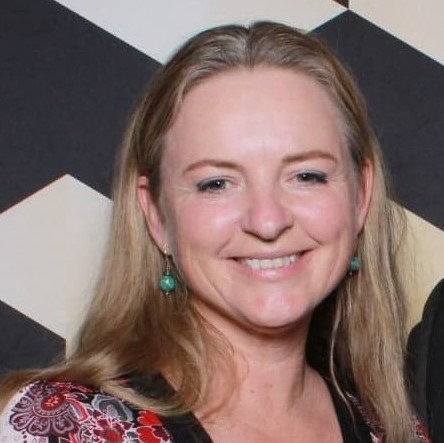
Associate Professor Sonja Maria
Associate Professor Sonja Maria is a well-regarded professional in emergency healthcare and education. With a background as a critical care paramedic and in senior management, she possesses a deep understanding of emergency healthcare, emphasising policy development and evidence-based guidelines for enhanced patient outcomes. She is Chair of the Australasian Clinical Practice Guidelines working group, who focus on excellence in paramedic CPGs. She is dedicated to mentoring students across diverse research topics, including cardiology, translating evidence into practice guidelines, and gender diversity in paramedicine. Holding editorial roles in academic journals, she significantly contributes to scholarly discourse by fostering collaboration and disseminating cutting-edge research.
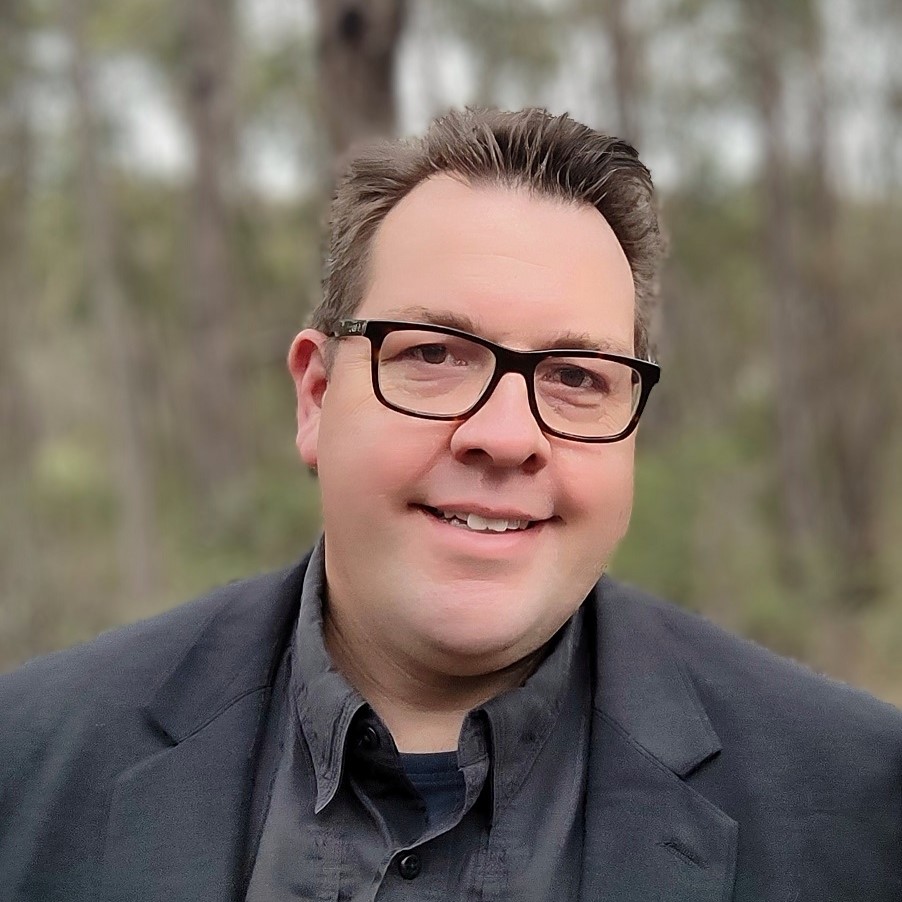
Dr. Buck Reed
Dr. Buck Reed is a lecturer in paramedicine at Charles Sturt University with over a decade of academic teaching and research and 17 years of clinical practice. He is a Registered Paramedic in Australia who had practiced in both rural and metropolitan settings and still practices clinically. Buck received a Churchill Fellowship in 2013 and was the first paramedic accepted into the NSW Health Rural Research Capacity Building Program in 2009. Buck participates in a range of professional activities including membership of the Australasian College of Paramedics Future of Paramedicine Working Group and several other committees. Buck’s research focus is the intersection of paramedicine and social sciences, paramedic wellness and professionalisation.
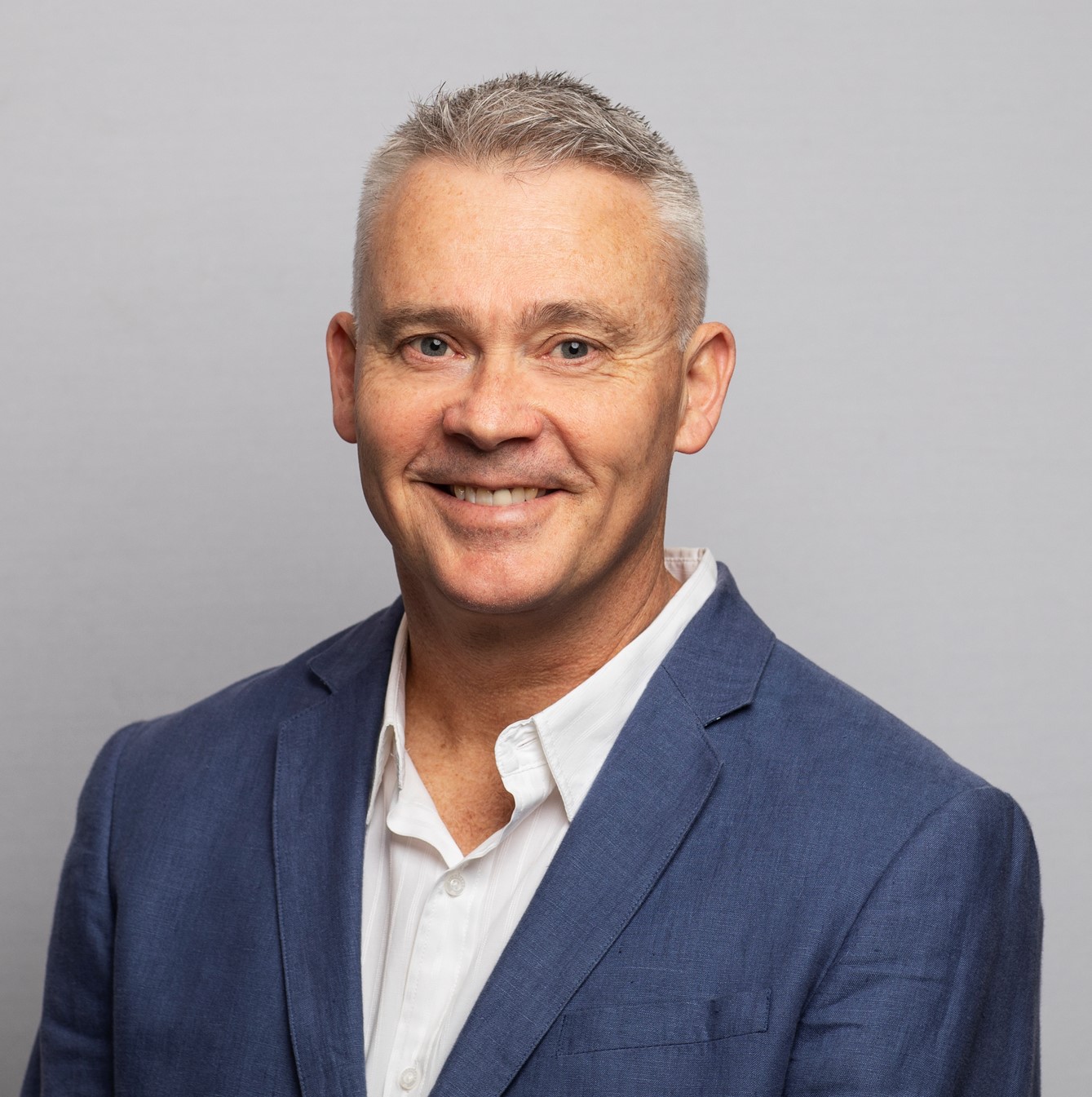
Associate Professor Paul Simpson
Paul is Editor in Chief of Paramedicine
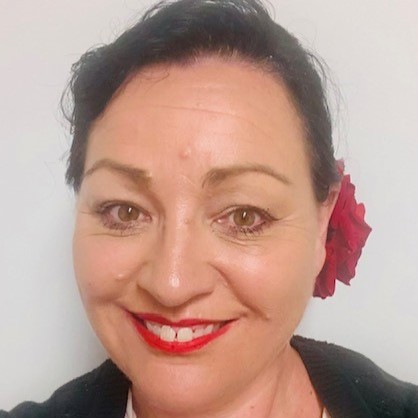
Lisa Hobbs
Lisa Hobbs is a registered paramedic, academic, researcher and visual artist with over 2 decades experience in paramedicine. Her research experience includes a Master of Philosophy, qualitative research utilising Constructivist Grounded Theory. Lisa is a confirmed candidate in a Doctor of Philosophy, her research topic is Women in Paramedicine: Exploring the experiences of female paramedics in Australia through creative research.
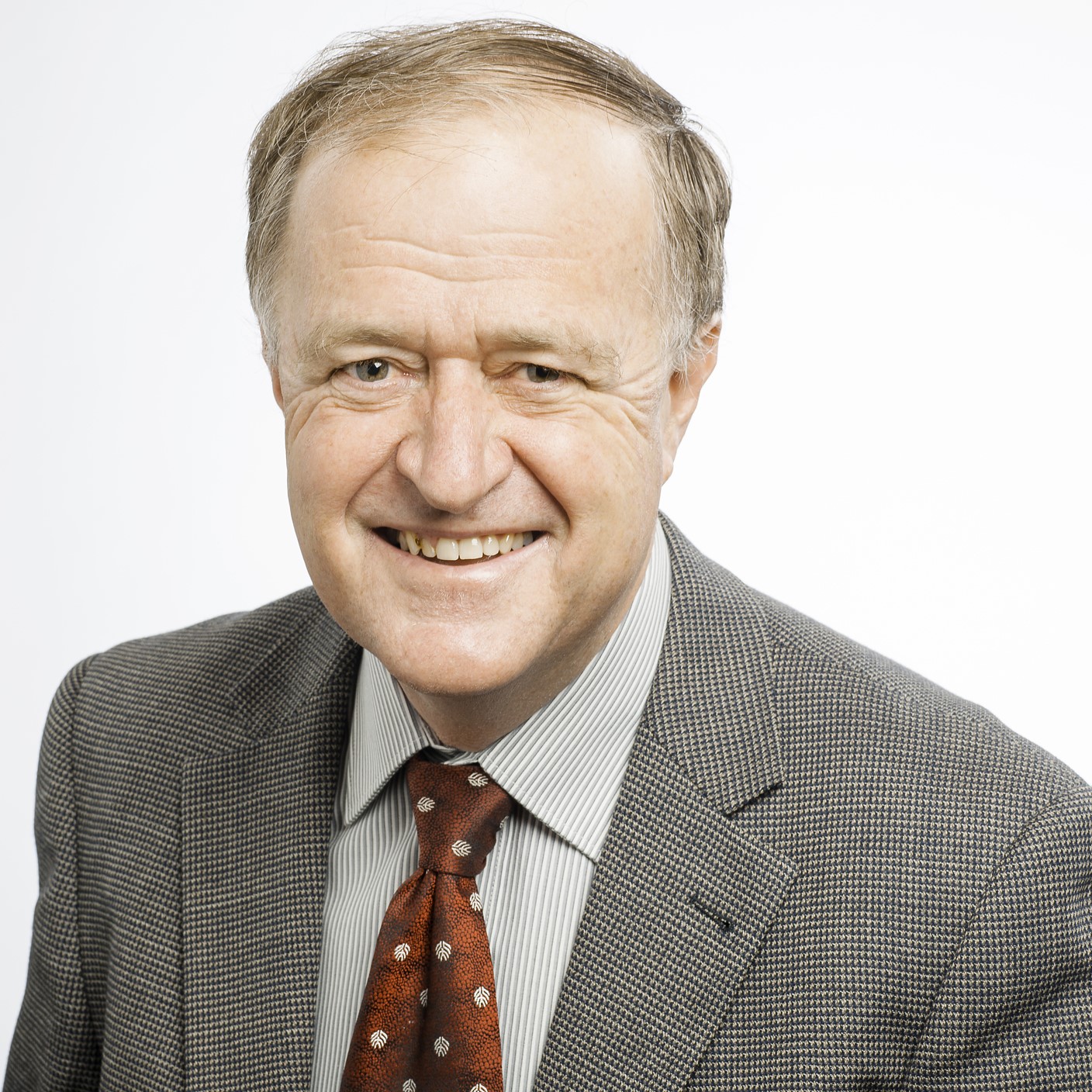
Professor Emeritus Gerry FitzGerald
Emeritus Professor Gerry FitzGerald retired in July 2019 as Professor of Health Management in the School of Public Health and Social Work at QUT. He holds medical specialist qualifications in Emergency Medicine and Medical Administration and a Doctor of Medicine degree. An Emergency physician, he was one of the founders of the Australasian College for Emergency Medicine. He was subsequently Medical Director and then Commissioner of the Qld Ambulance Service and Chief Health Officer for Qld. Since joining QUT Prof. FitzGerald has led the development of the Master of Health Management program, a Graduate Certificate in Disaster Management. His principal research focus is on emergency healthcare systems and how they perform under both routine and non-routine pressures.
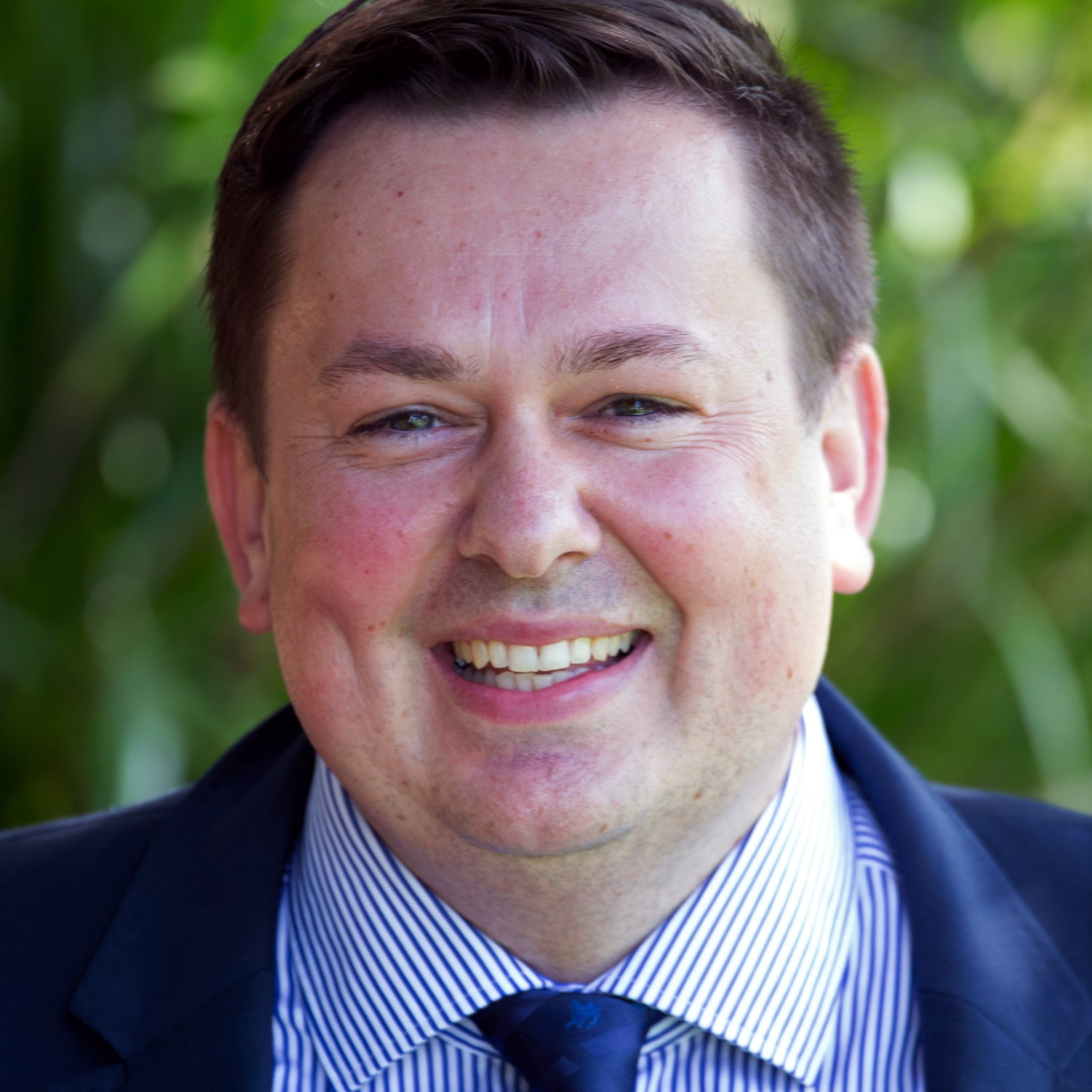
Lucas Litewka
Lucas commenced his role at Director – Clinical Trials at the University of the Sunshine Coast in 2015, where he oversees a team of over 120 staff working across 5 locations. Lucas has worked as an advisor, board member and consultant to various organisations specialising in clinical trial strategy development.
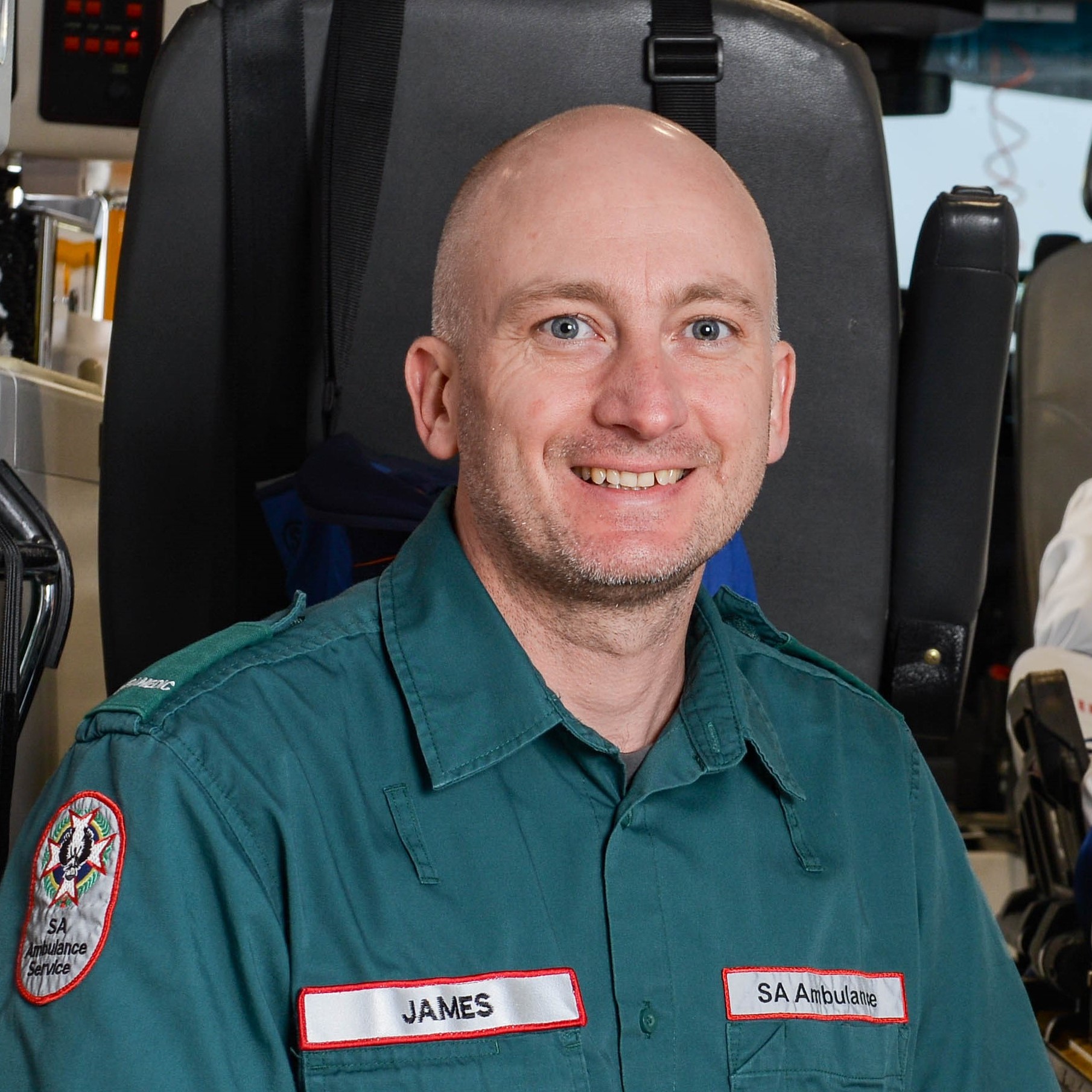
James Pearce
James is a Senior Lecturer in Paramedicine and a PhD candidate at Flinders University, and a Paramedic with SA Ambulance Service. He is an Ambassador and Fellow of the Australasian College of Paramedicine, and a Fellow of Advance HE. His research interests include evidence synthesis and research reporting guidelines. He has published several systematic/scoping reviews, and is a peer-reviewer and editorial board member with several scholarly journals.
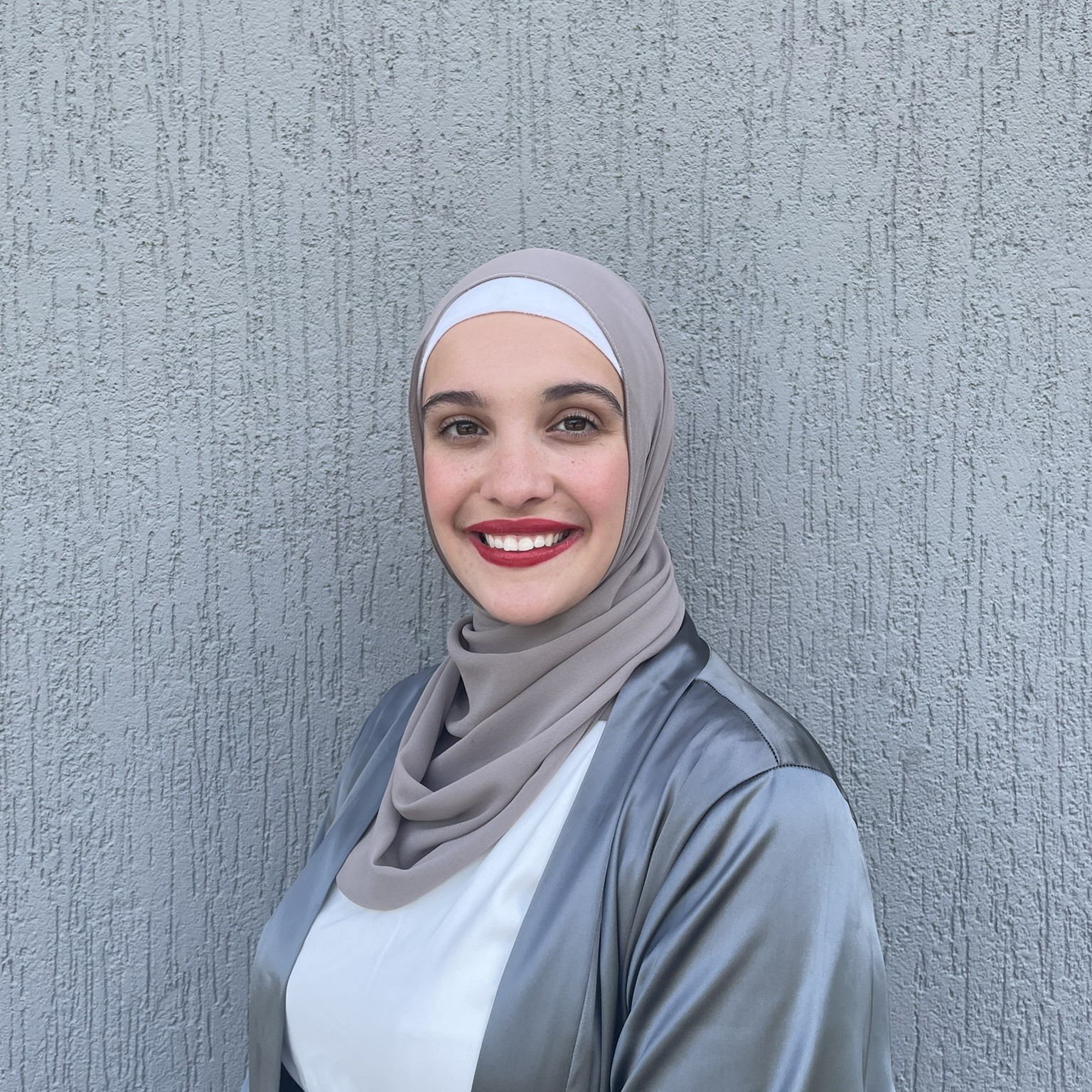
Sooaad Dahoud
Sooaad Dahoud is a registered paramedic working with NSW Ambulance, based out of metropolitan Sydney. Alongside being a full-time paramedic, she is also a sessional paramedicine academic at Western Sydney University. Sooaad was recently awarded a Master of Research, whereby her research investigated sex-specific disparities in paramedic-initiated analgesic administration for individuals with acute abdominal pain presenting to an Australian jurisdictional ambulance service. Sooaad’s broader research interests traverse equity in paramedicine practice across diverse populations, where she aims to further develop her academic expertise.
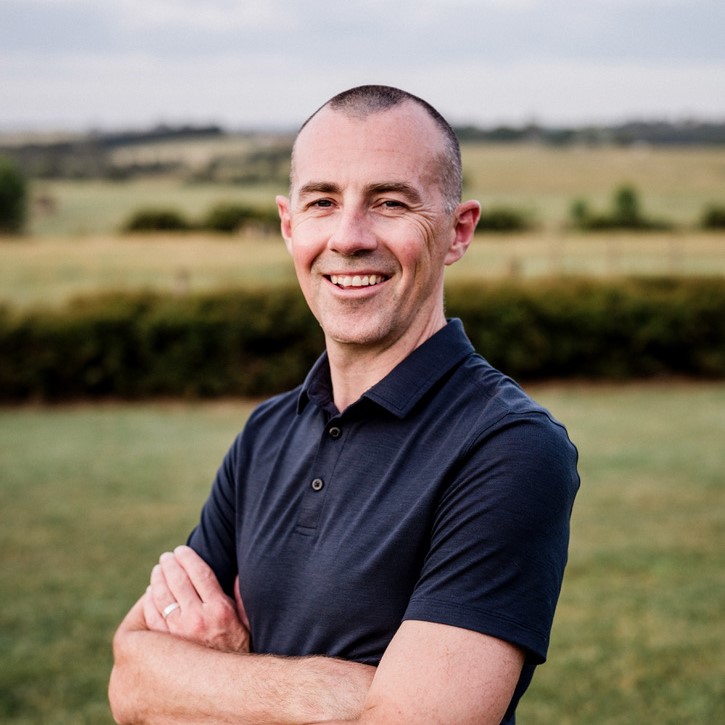
Dr Ben Meadley
Ben Meadley is a registered paramedic who commenced his career with Ambulance Victoria in 1998, followed by a period with New South Wales Ambulance from 1999-2003. Returning to Ambulance Victoria, Ben trained as an intensive care (MICA) paramedic in 2004, and an intensive care (MICA) flight paramedic in 2009. He joined the staff of Monash University in 2003, and he has held the positions of Teaching Associate, Lecturer and Unit Coordinator in the undergraduate and postgraduate programs. Ben completed his PhD at Monash Paramedicine, investigating the physiological and metabolic health of paramedics, as well as human performance in specialist teams, and is now an adjunct Associate Professor in the department. Ben has developed expertise in prehospital critical care, paramedic education, human performance, and paramedic health and wellbeing. His research interests include respiratory and cardiovascular physiology, point of care ultrasound, human performance optimisation, and selection to specialist teams in emergency services. Ben divides his time between clinical, teaching and research roles.
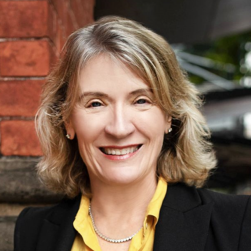
Professor Suzanne Chambers AO
Professor Suzanne Chambers AO is a health psychologist and registered nurse who has been working as a practitioner-researcher in psycho-oncology for over 30 years. Her work has focussed on developing models to predict help seeking and adjustment after cancer: designing remote access and low intensity psychological interventions for people affected by cancer; integrating peer support into controlled design methodologies; integrating distress screening into interventions to target high distress cancer patient groups. She is the founder and President of Open Eyes Global an incorporated association registered with the Australian Charities and Not-For-Profits Commission that raises funds to provide customised eye prostheses to disadvantaged children in Nepal with retinoblastoma.
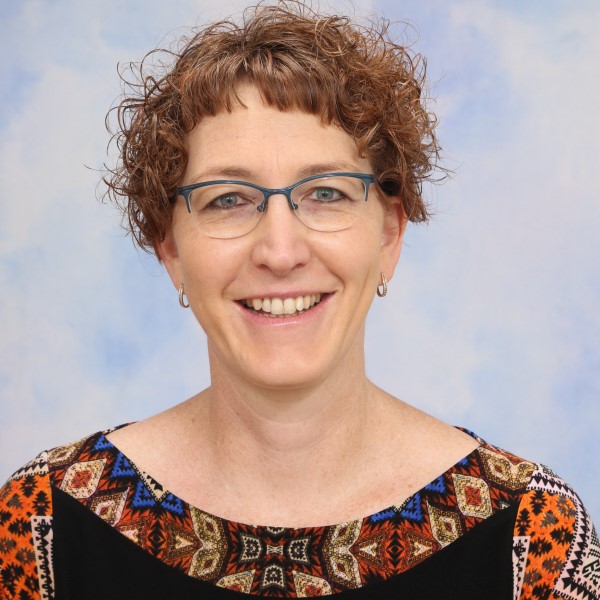
Kerrianne Watt
Dr Watt is an Epidemiologist with a background in research methods and evidence-based practice, with specific expertise in injury epidemiology & the prehospital/emergency sector. She is Principal Research Manager in the Information Support, Research and Evaluation unit, Queensland Ambulance Service. She holds an Adjunct Professor position with James Cook University, where she was formerly the Associate Dean Research Education and responsible for teaching Epidemiology and Biostatistics to students in Health Sciences for 8 years. Her research has a strong translational focus, in line with her ethos to increase the capacity of health professionals in the prehospital/ emergency sector to conduct, engage with and interpret high quality research to improve clinical practice. She has 100+ peer-reviewed publications.
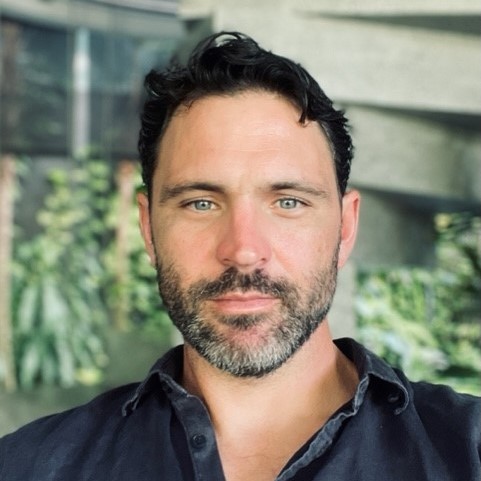
David Shanahan
David is a registered paramedic and started his career with Queensland Ambulance Service before moving interstate to join Ambulance Victoria. David has over 20 years of clinical experience as an Advanced and Intensive Care Paramedic. David is currently a master’s research student at Monash University exploring the incidence and impact of occupational exposure to ketamine.
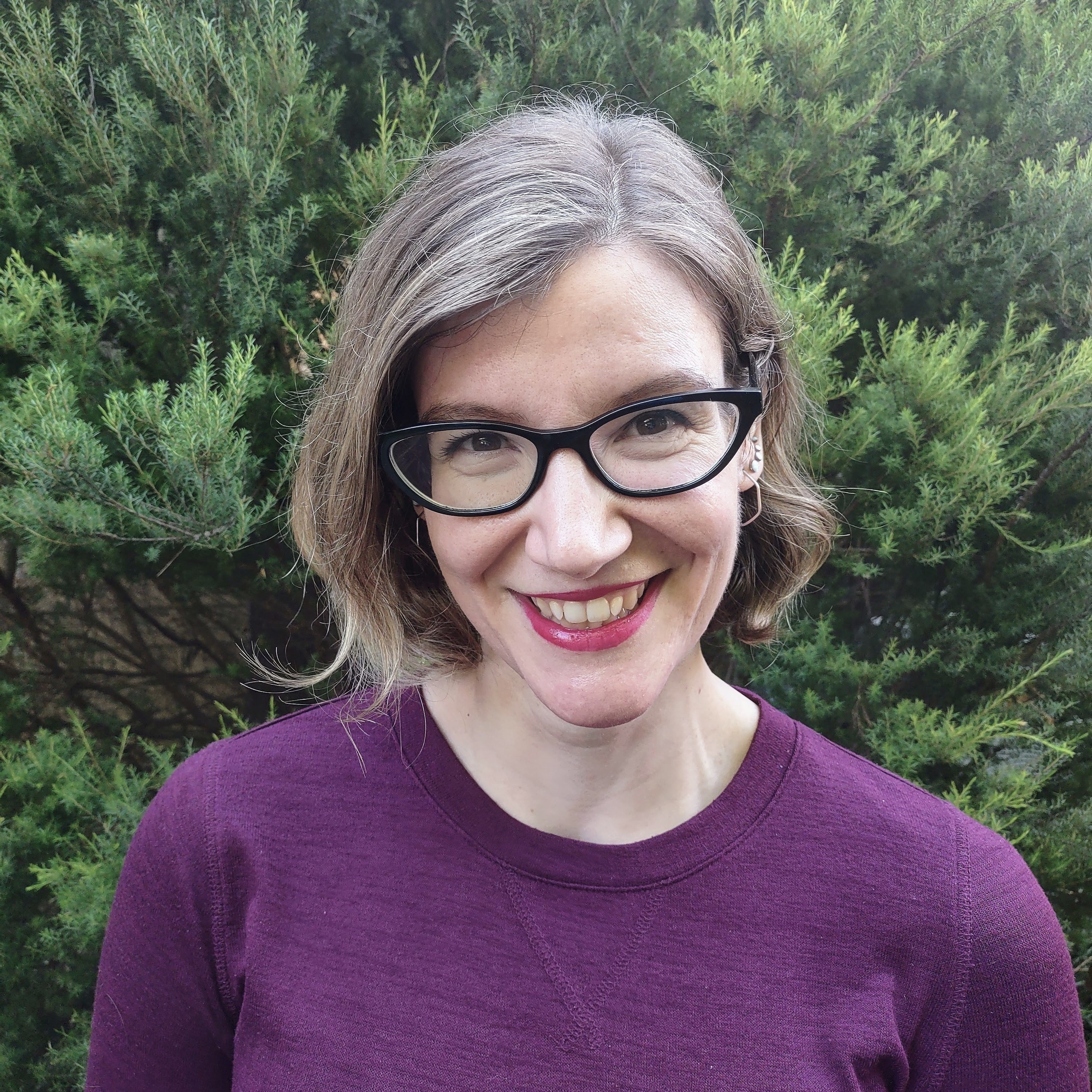
Laura Hirello
Laura Hirello is a Canadian paramedic from Halifax, Nova Scotia. She moved to Melbourne in February 2023 to pursue a PhD from Monash University. Laura’s research study, project ASAP, looks at how shift work and the resulting circadian rhythm disruption impact paramedics, their work performance, and their decision making. Prior to moving to Australia, Laura worked as an ambulance paramedic for 9 years before moving into healthcare project management and process improvement.
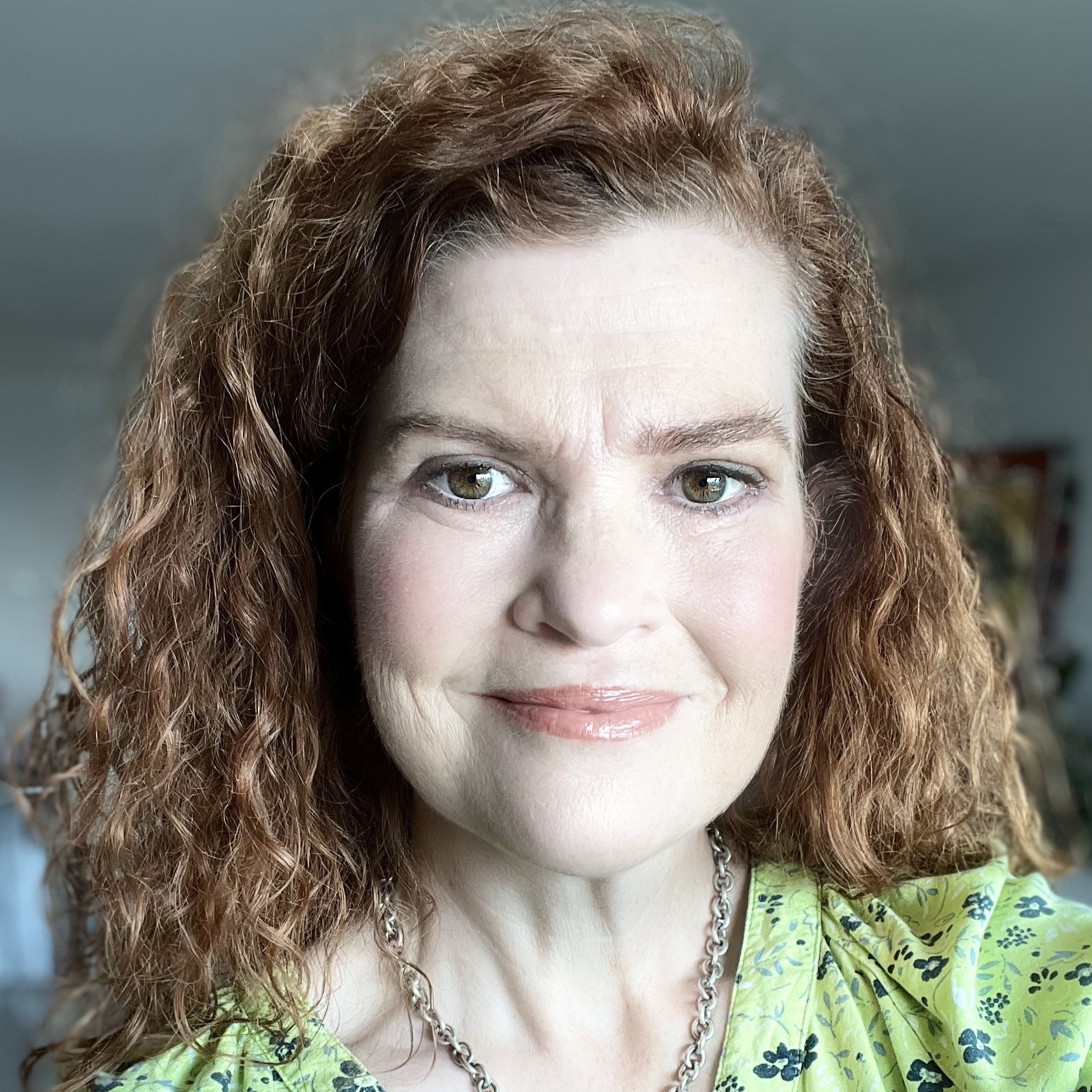
Louise Reynolds
Dr Louise Reynolds, Safer Care Victoria's Chief Paramedic Officer and ACU Associate Professor in Paramedicine, began her career as a student paramedic with SA Ambulance Service. Her career included operational and educational roles across Australia, the UK, and South-East Asia. As Australia's first female paramedic with a doctoral degree, her research focuses on qualitative explorations of paramedicine evolving professional culture, education, systems and leadership. She's a five-time editor of 'Understanding the Australian Health Care System', contributing to the paramedicine chapter.
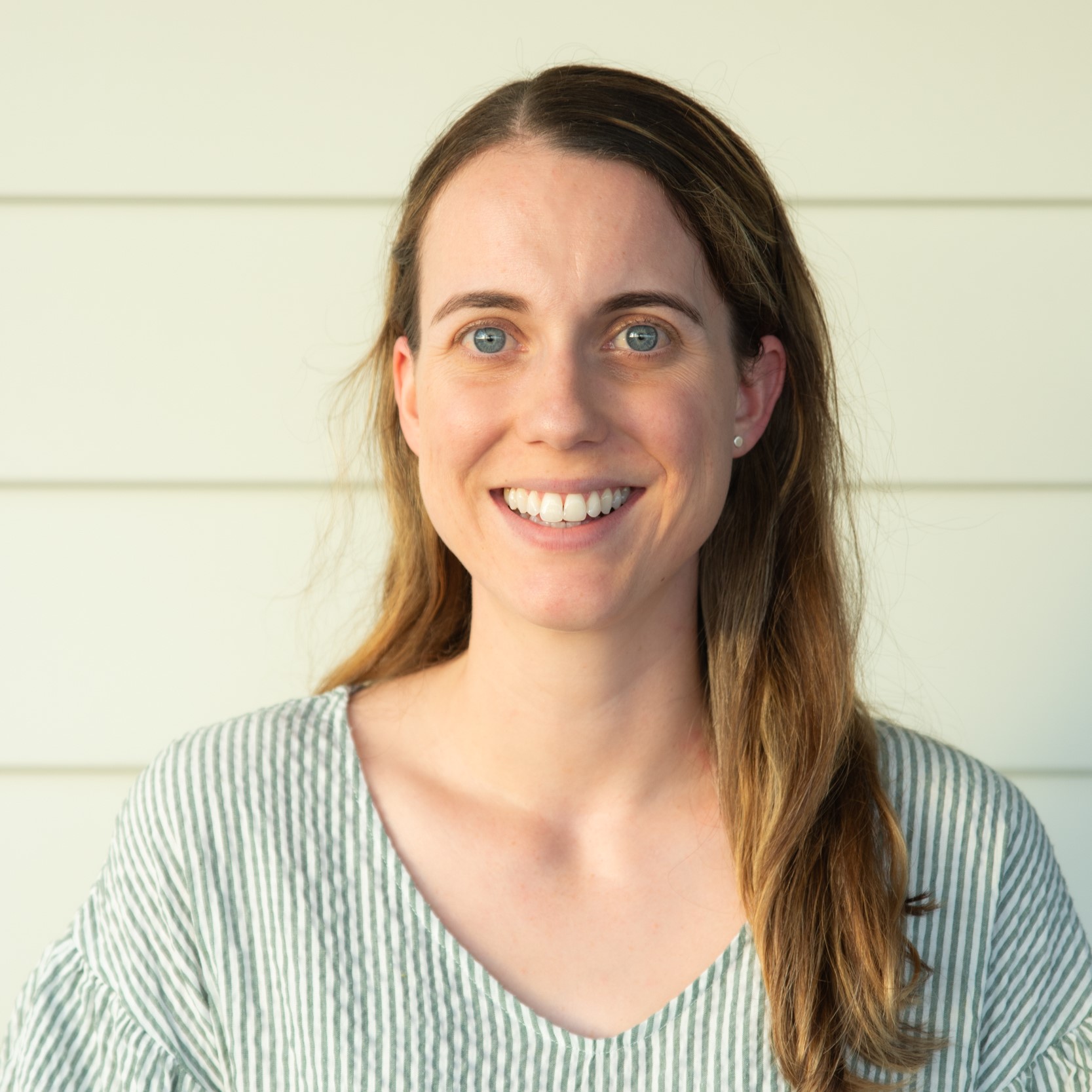
Julia Massingham
Julia is a Critical Care Paramedic, who has worked with the Queensland Ambulance Service for the last eight years, and is currently working in Rockhampton as a Clinical Support Officer. In 2020, Julia completed her Graduate Diploma in Specialist Paramedic Practice and commenced her internship as a critical care paramedic with QAS, before returning to undertake a Masters research project in 2023. Throughout Julia's paramedic career, the ongoing challenge of maintaining clinical currency and proficiency of complex clinical interventions led Julia to investigate the role of Mental Rehearsal as a potential means of improving clinical care.
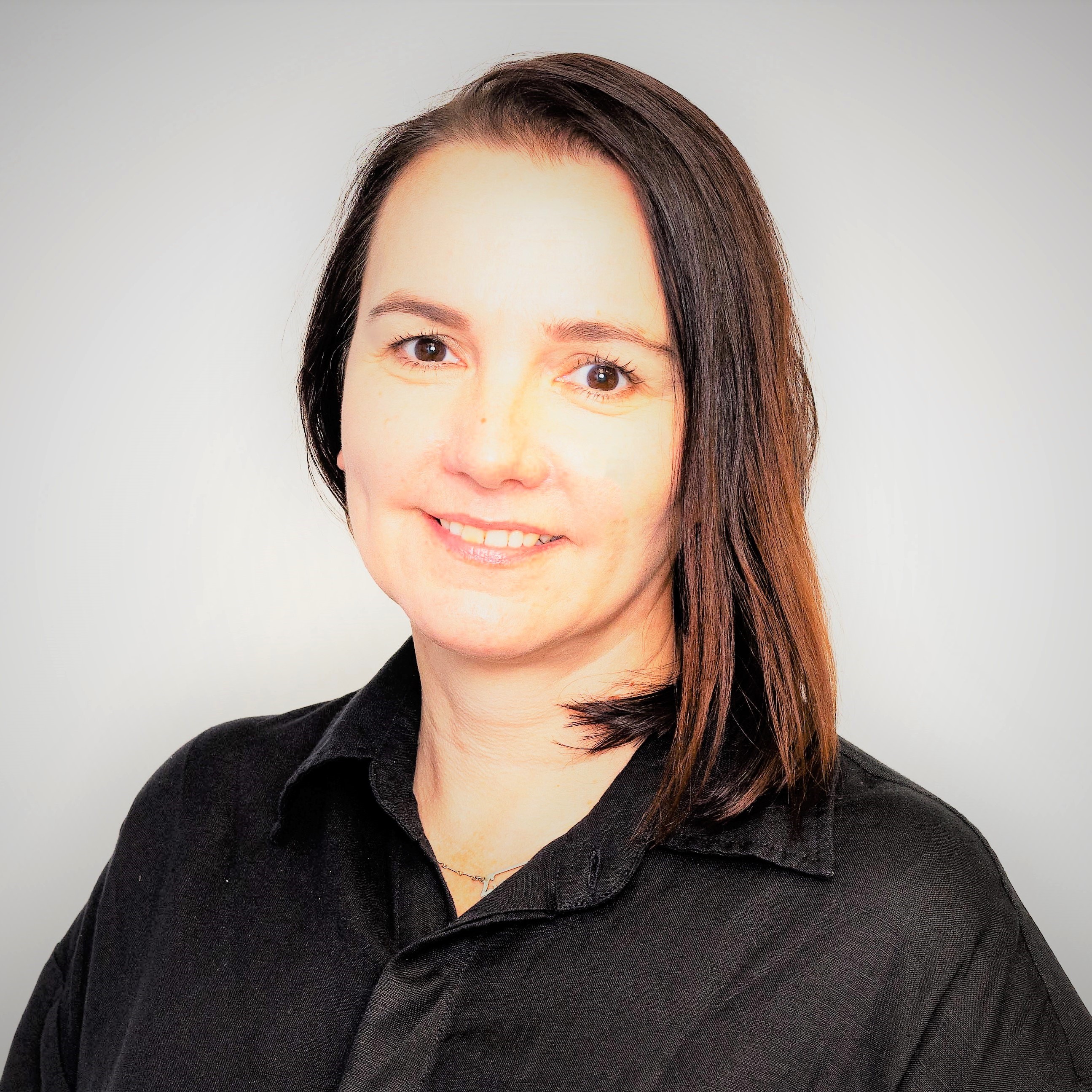
Laura Triffet
Laura Triffett is a registered paramedic, a Lecturer in Paramedicine at the University of Tasmania and a PhD candidate at Western Sydney University. Laura has worked in paramedicine for over 25 years, starting her career in the UK before relocating to Australia in 2007. Laura's research interests stem from her experience as both a paramedic and academic, where she developed an interest in work-integrated learning (WIL), authentic assessment, innovative learning and teaching, and health literacy responsiveness. Laura's PhD project is looking at the use of Entrustable Professional Activities for the assessment of entry to practice paramedic students undertaking WIL.
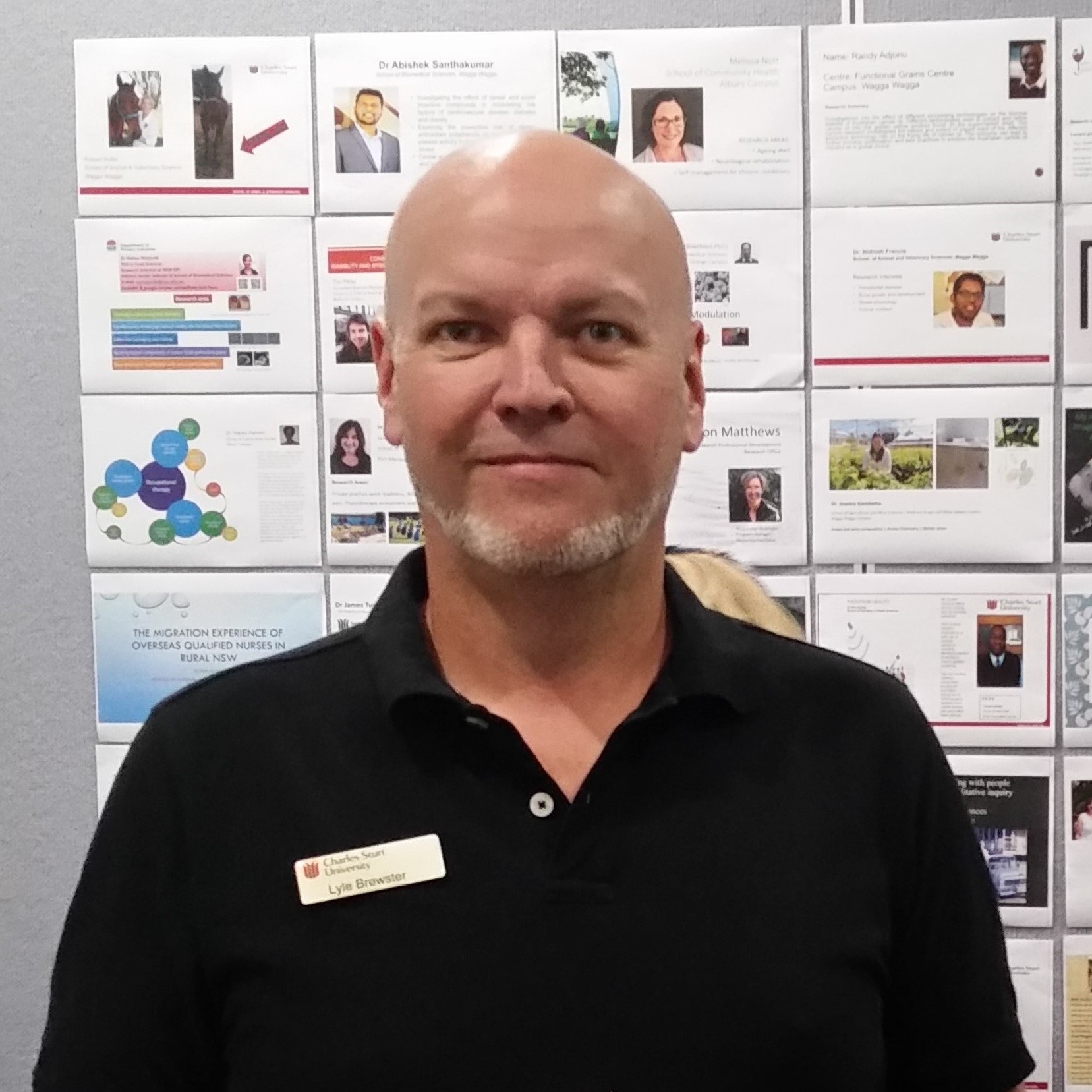
Lyle Brewster
Lyle has 34 years of experience as a paramedic and an educator with two different ambulance services and Charles Sturt University. Lyle began his career with the Queensland Ambulance Transport Brigade (QATB) 1989. He spent 14 years with QAS. In 2005, Lyle moved to New Zealand, where he worked for St John Ambulance. He received his intensive care paramedic qualification and spent four years in the rescue helicopter and education. Lyle has a Master's in Health Science, a Graduate Certificate in Emergency Management and a Bachelor's Degree in Health Science (Paramedic). He is a PhD candidate at CSU.
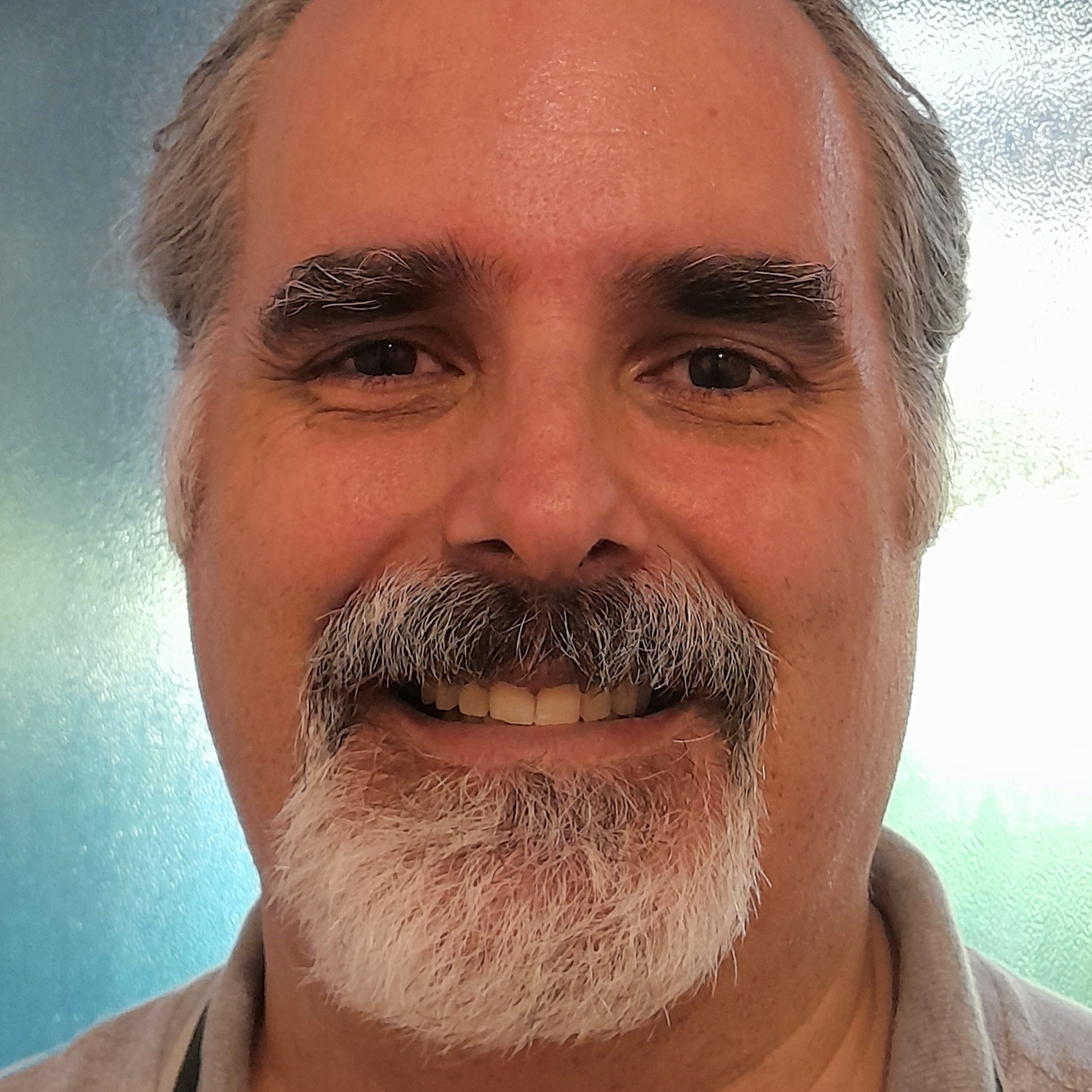
Dennis Walker
Dennis Walker is a lecturer and clinical placement coordinator for the undergraduate paramedicine program at the University of Southern Queensland. He is also a registered paramedic, having worked within the Queensland Ambulance Service for 27 years in a range of roles including Critical Care Paramedic, Flight Paramedic, Isolated Practice Area Paramedic and Clinical Support Officer. Dennis recently completed his PhD on medication safety in paramedicine, but also has research interests in work integrated learning and clinical simulation.
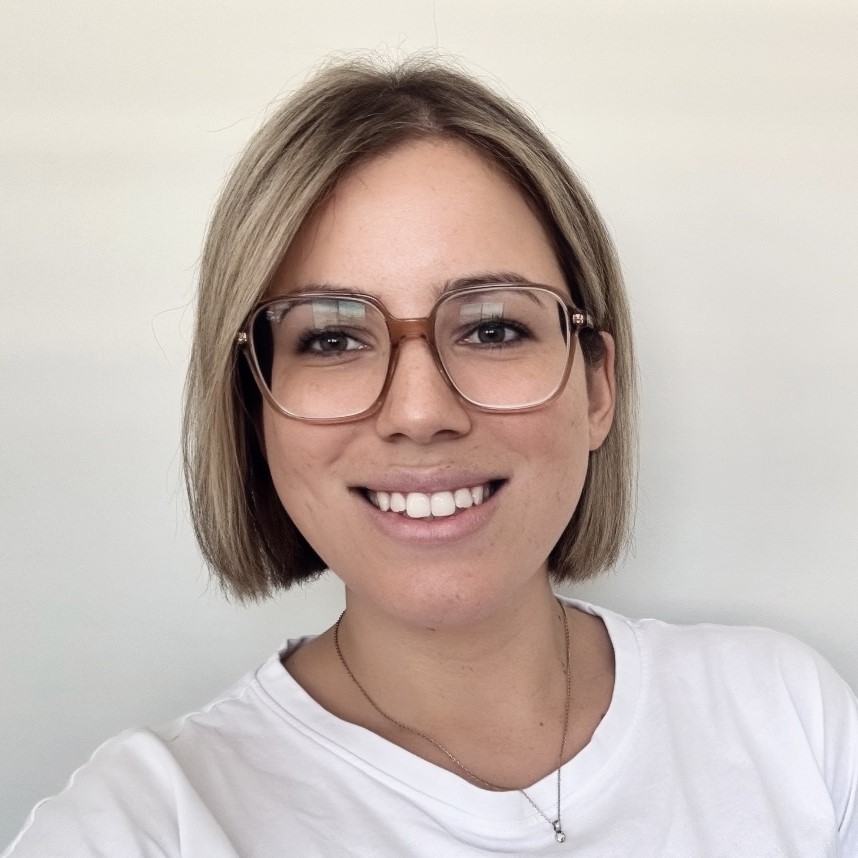
Rachael Vella
Rachael (BMedSci, BHlthSci(Paramedic), MRes) is a Lecturer in Paramedicine at Western Sydney University. Her research interests focus on incorporating technology-enhanced methods of simulation within healthcare education to better prepare students for real-world practice. Her PhD will focus on the incorporation of emerging technologies, such as artificial intelligence, to enhance simulation feedback and assessment. Additionally, Rachael is a registered paramedic and maintains clinical practice through employment with New South Wales Ambulance.
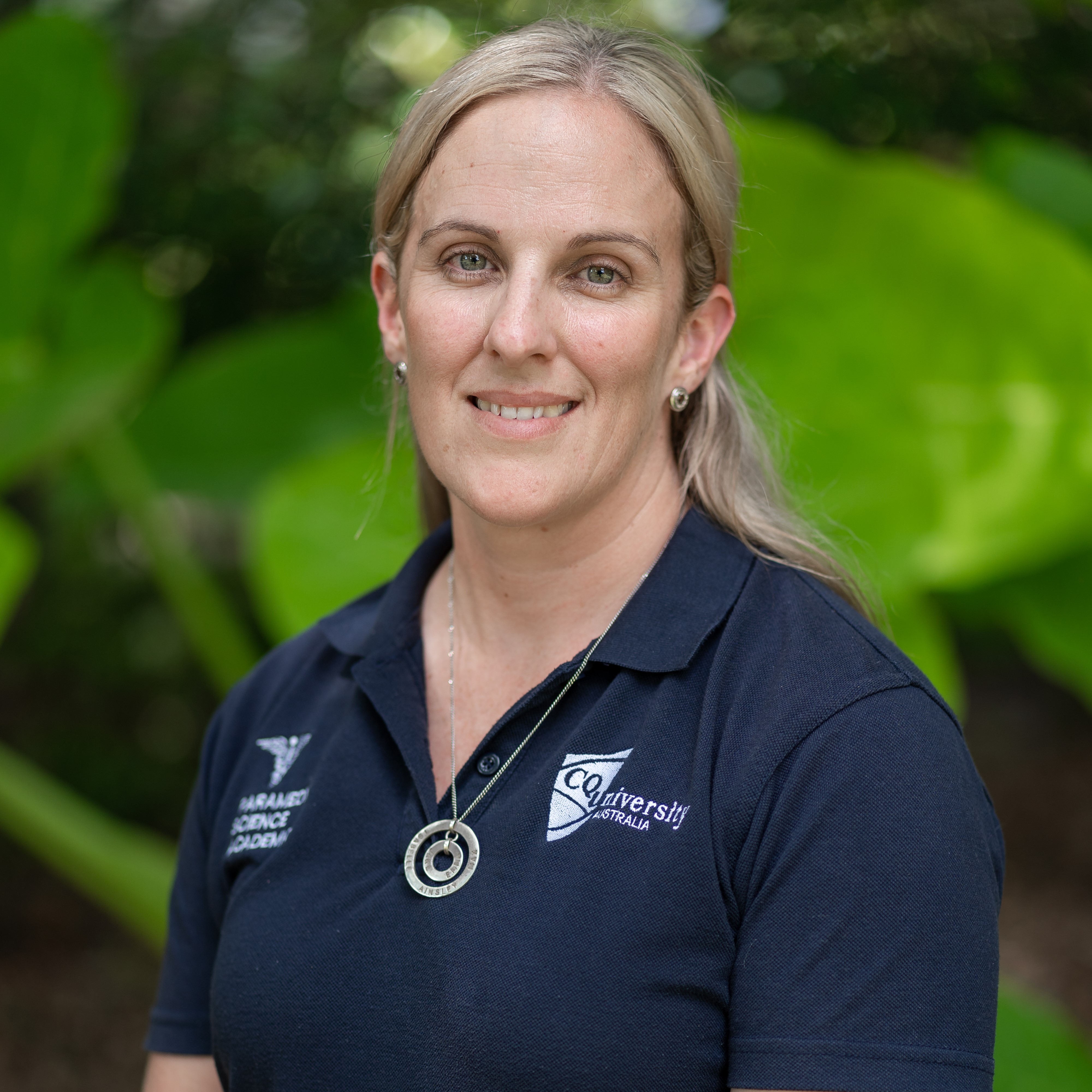
Emma Moore
Emma Moore is currently enrolled in a PhD program exploring the pre-hospital management of neck of femur fracturs with a focus on fracture immobilisation. She is a Senior Lecturer in Paramedic Science for Central Queensland University and has over 16 years’ experience working as an Advanced Care Paramedic for the Queensland Ambulance Service.
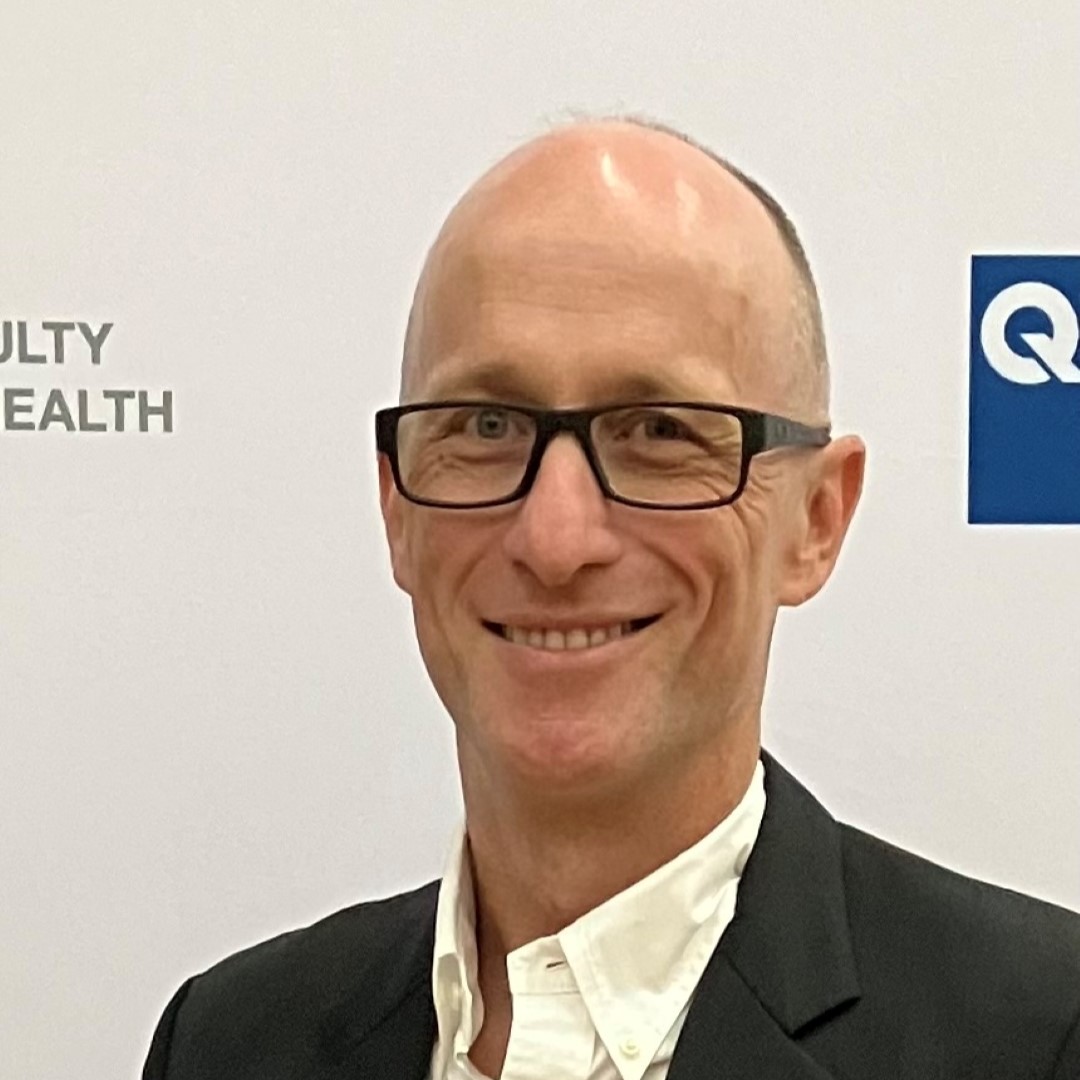
Adrian Lockhart
Adrian Lockhart is currently a graduate paramedic with Queensland Ambulance Service. After graduating Queensland University of Technology with a Bachelor of Paramedic Science with distinction he undertook a postgraduate year at Monash University achieving first class honours with his research in the field of clinical leadership. Adrian perused this second career in healthcare after twenty-four years in the global wine industry with degrees in Agricultural Science, Economics and a Master of Business Administration. Most recently he held several senior executive leadership roles including that of Chief executive Officer and was awarded a Vincent Fairfax fellowship for ethics and leadership.
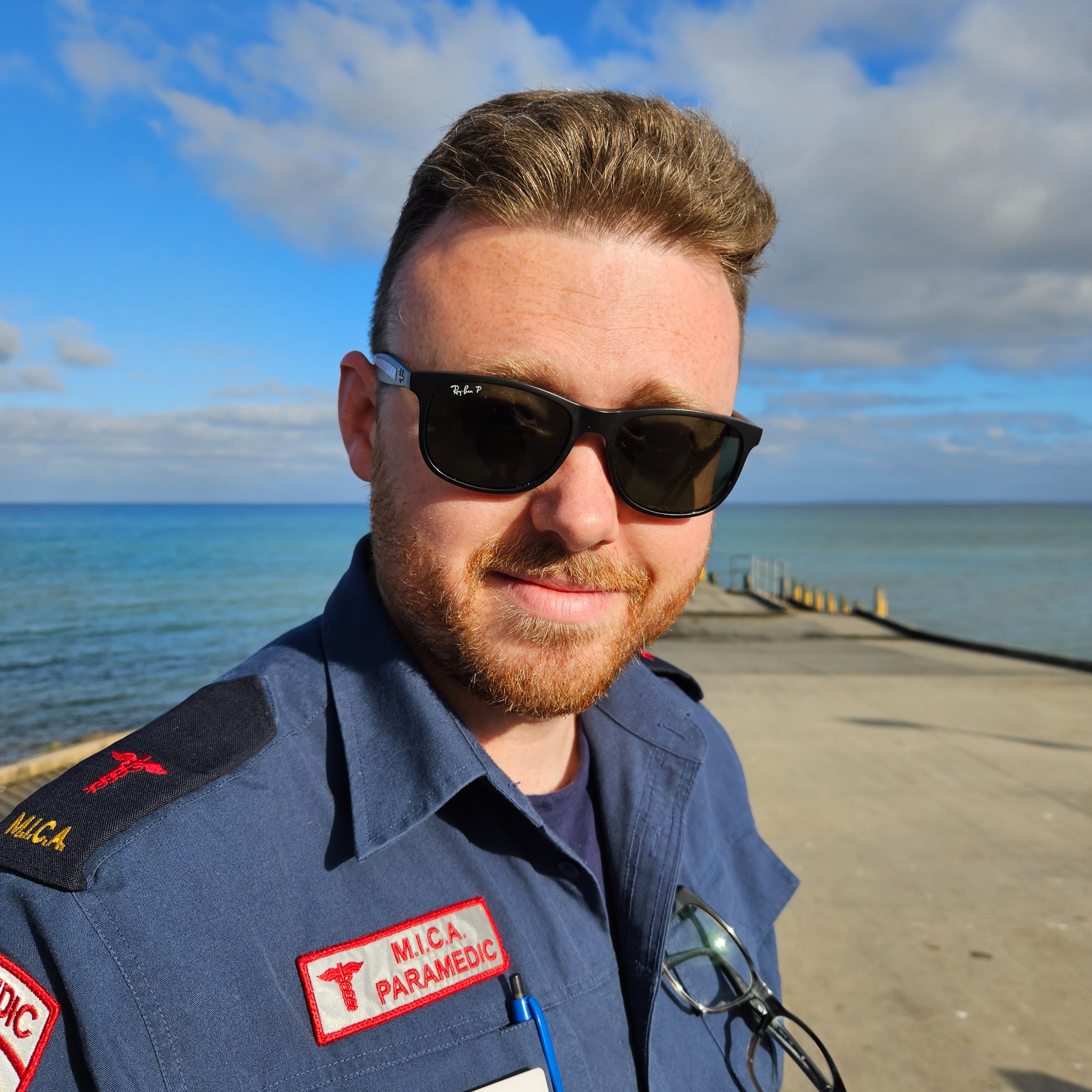
Jake Donovan
Jake Donovan has over a decade of experience in Paramedicine. He has worked as an Advanced Life Support and Mobile Intensive Care Ambulance (MICA) paramedic with Ambulance Victoria for 10 years and spent 2 years with the South East Coast Ambulance Service in the UK. Currently, Jake is pursuing a PhD focused on the clinical utility of ultrasound for paramedics. Outside of his professional endeavours, he navigates the chaos of fatherhood with two young children, has a very tolerant wife, and wrangles two extra-large greyhounds.
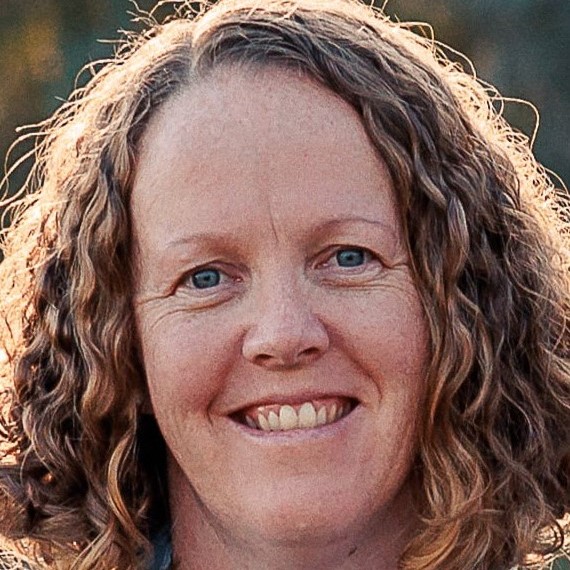
Michelle Owens
Michelle is a student researcher studying a Masters of Paramedicine specialising in Critical Care at Charles Sturt University. She is an Intensive Care Paramedic with NSW Ambulance and has over 16 years’ experience as a paramedic. She has worked along the New South Wales-Victorian border for the last 15 years and has a passion for improving cross-border ambulance response.
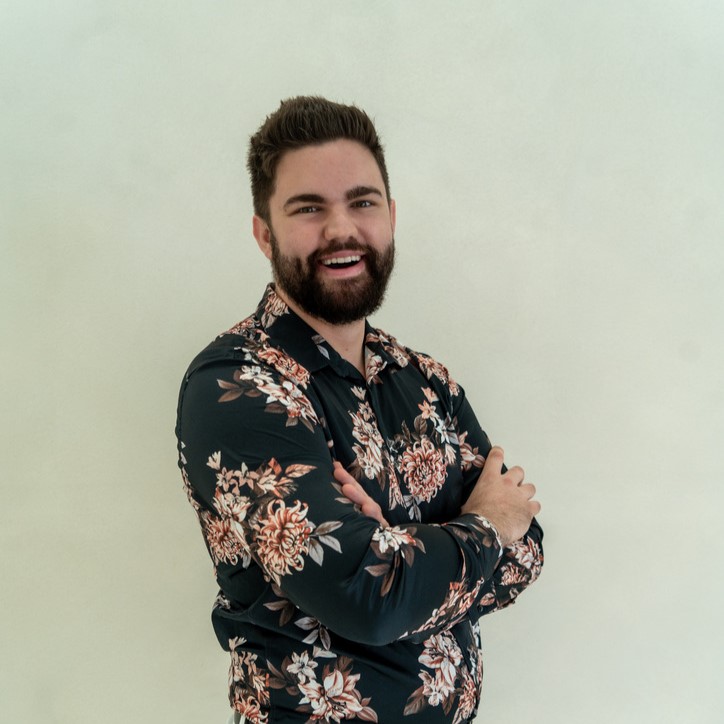
Curtis Cooper
Curt Cooper is a Paramedic currently pursuing a Master of Philosophy (Health) at James Cook University. His research focuses on the educational preparedness, attitudes, and confidence levels of Australian paramedics (including students) in attending to paediatric trauma patients. As an Advanced Care Paramedic II, Curt brings extensive clinical experience from diverse settings, including Indigenous communities and the mining sector. He has co-authored a chapter on Mining Emergencies, in Clinical Cases in Paramedicine, and presented at numerous conferences, demonstrating his commitment to research and evidence-based care.
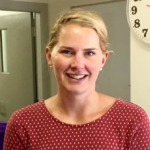
Sam Sheridan
Sam started her career as a student paramedic with Yorkshire Ambulance Service associated with Teesside University in the UK. She has experience as an on road paramedic in the busy area of Leeds, Bradford, and Wakefield in the UK and in the culturally diverse city of Abu Dhabi in the UAE. Sam has experience mentoring student paramedics and as a sole responder on a first response unit. Sam moved in to education whilst in the UAE, as a Clinical Educator helping to develop and train new and qualified emergency medical technicians and paramedics, before arriving at CSU as a academic. She completed her MSC in enhancing paramedic practice with a focus on Paramedic physical health and fitness. This interest has continued in her research interest and PhD program of research.
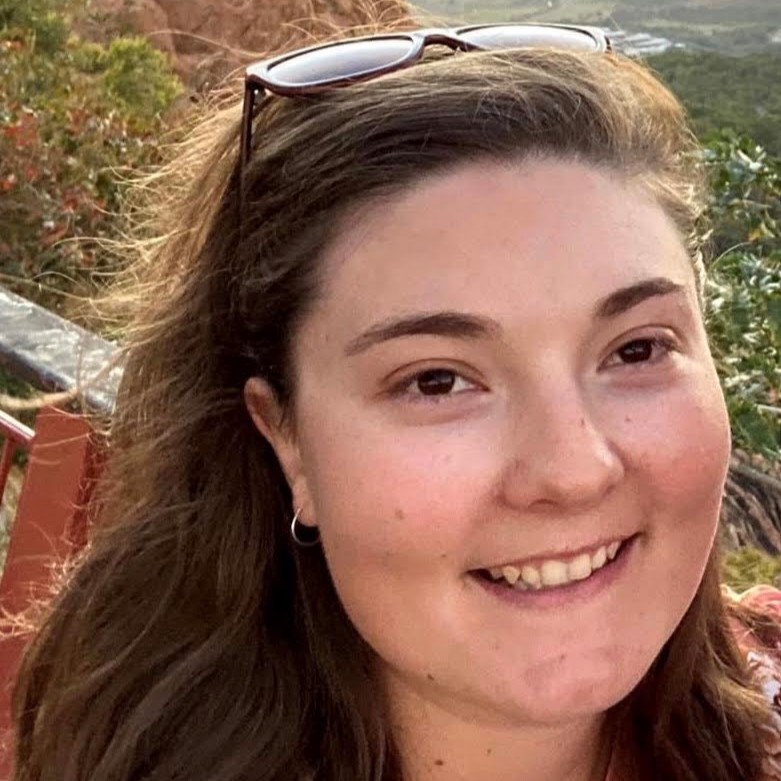
Tegan Brown
Tegan is a registered paramedic, registered nurse and is currently an Associate Lecturer in Paramedicine at Charles Sturt University. Tegan has 8 years of clinical experience, during which time she worked as an Advanced Care Paramedic II with QAS in metropolitan, regional and remote parts of the state. She also has a Graduate Certificate in Training and Development as well as a Master’s in Education and Professional Studies (Research). Tegan’s research interests stem from her experience as both a paramedic and academic. Her recent research was in the education and training programs within paramedicine. Tegan extensive knowledge and interest in the difficulties of regional and remote communities in accessing healthcare, and the challenges in being a single-response paramedic in such areas.
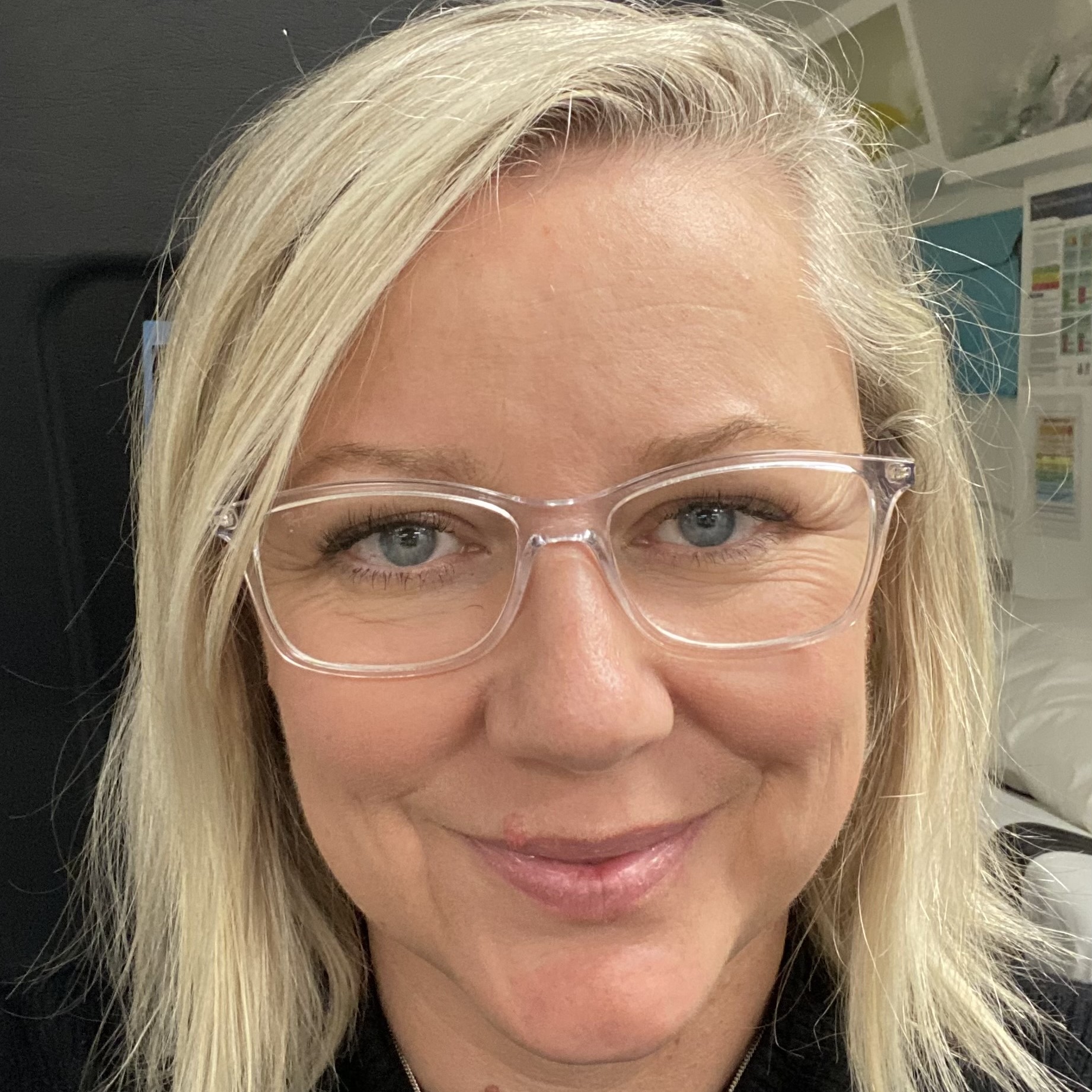
Julie-Anne Foster
Julie-Anne is passionate, focused and experienced paramedic educator who provides innovative, evidence based, meaningful, real world learning opportunities to inspire, challenge and engage student connectivity and encourage life-long learning.
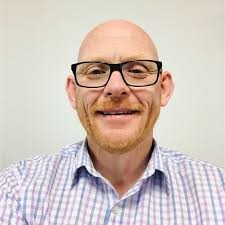
Jeremy Taylor
Academic lead in charge of undergraduate paramedicine clinical placements for Central Queensland University. With extensive experience in managing clinical placements for both industry and universities since 2015, Jeremy prides himself with a proven focus on building relationships between industry, tertiary partners and the Australian Defence Force seeking opportunities to improve student, clinical supervisor and industry experiences along with improved perceptions of clinical placements in an endeavour to create highly sought-after graduates of choice.
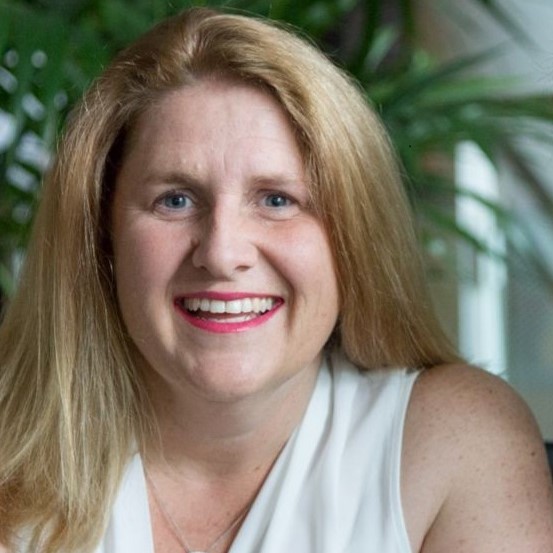
A/Professor Kelly-Anne Bowles
Kelly is the Head of Department from the Department of Paramedicine at Monash University. In her role she manages the Department's PhD program and teaches into the Honours Research program, research units within the Masters program. Kelly has a background in exercise science so has a real interest in the health and wellbeing of paramedics but is also really keen to see the skills of paramedics used in different roles in the healthcare sector. Ultimately, Kelly's aim is to engage as many paramedics and paramedic students as possible in research opportunities.